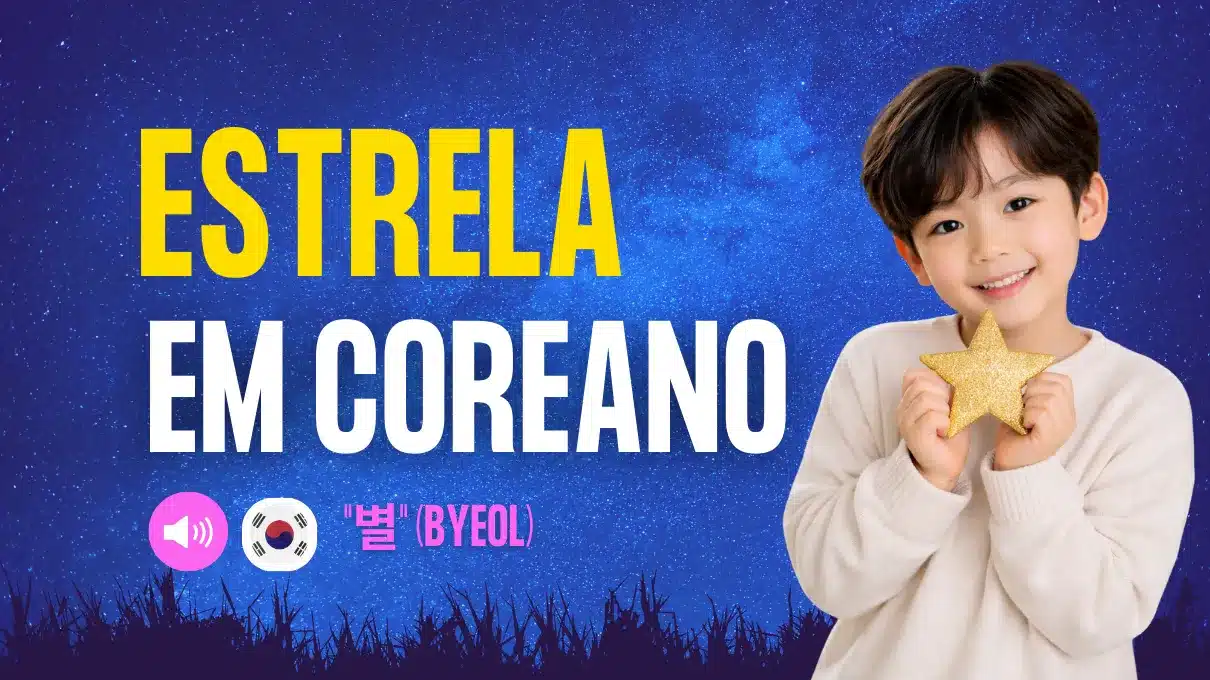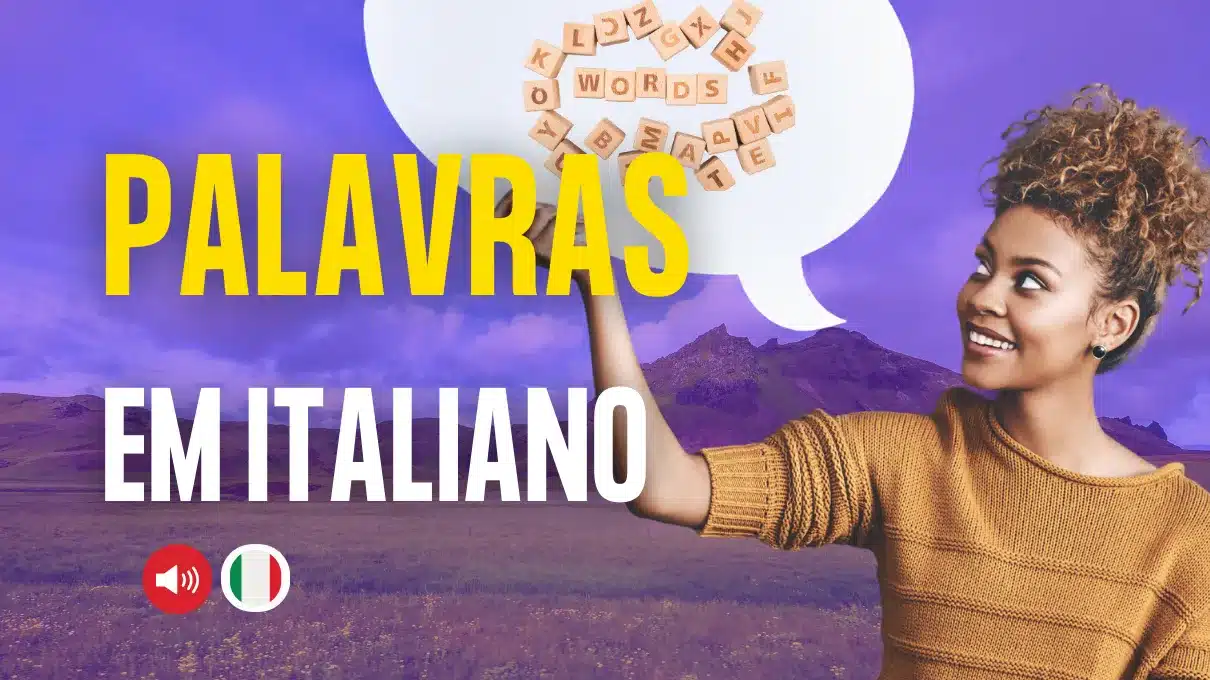Fluency News #06

Bora ficar por dentro das noticias mundiais e ainda praticar o inglês? Vem com a gente para mais um episódio do Fluency News!
Navegue pelo conteúdo
Hello, everyone!
Sejam bem-vindos e bem-vindas a mais um episódio da nossa nova série de podcasts, o Fluency News! Aqui, você vai treinar a sua escuta e ficar por dentro do que está acontecendo no mundo, sempre com as três principais notícias da semana, tudo em inglês! Ao longo do episódio, nós também adicionamos explicações em português das coisas que achamos que precisam de mais atenção, assim você não perde nenhum detalhe!
Nesta semana, temos um update na história sobre a Bielorrússia, que cobrimos alguns episódios atrás, e falamos sobre as medidas que o Vale do Silício está tomando para impedir notícias falsas a respeito das eleições nos Estados Unidos. E também temos uma recomendação de filme e de uma ferramenta para te ajudar com o inglês! Além disso, falamos sobre a iniciativa do Japão para impulsionar o turismo, as 13 múmias descobertas no Egito, e as famílias que compraram mais de 90 acres de terra para construir uma cidade segura para afro-americanos.
Como aproveitar este podcast
- Iniciantes: Leia a transcrição antes de ouvir e anote palavras desconhecidas.
- Intermediários: Ouça o podcast acompanhando a transcrição.
- Avançados: Ouça sem a transcrição e tente compreender o máximo possível.
Toda semana temos um novo episódio do Fluency News, não deixe de conferir! See you!
Transcrição do episódio
What is up, guys! I’m Scott Lowe and welcome back to Fluency Academy’s all English news podcast! I mean, almost all English. Como eu sou americano, mas brasileiro também, eu vou aproveitar pra dar algumas explicações em português pra você aproveitar ao máximo esse tempo comigo.
This podcast is made for you to train your English and make you an informed citizen of the world! Thank you so much for joining me here today.
Before we officially get started, let me remind you that you can and should visit Fluencytv.com for the sources to this episode, as well as extra material to accompany today’s podcast. Our free content portal already has more than 500 free classes in five different languages, so do check it out. Go to fluency.io to enjoy all that goodness 🙂
If this is your first time here, let me give you a quick rundown of what this shows all about. We’ll present to you three of the week’s biggest news stories, 100% in English, for you to train your listening and comprehension. After each story, we’ll explore points of interest in Portuguese, so you’ll always learn something new.
Our first story of the day is actually a follow up on a story we covered a couple of episodes ago. At least 100,000 Belarus protesters flooded the streets this Sunday in one of the biggest demonstrations yet against President Alexander Lukashenko.
(Be prepared for the mispronunciation of some names here. Just a warning.)
A wave of protests has swept Belarus since the Aug. 9 presidential election, which demonstrators say was actually won by Sviatlana Tsikhanouskaya. Key opposition figures have since either been jailed or fled the country, with Tsikhanouskaya now in Lithuania. Lukashenko denies the election was rigged and has said foreign powers are behind the protests.
As public anger continued to build against Lukashenko, who has ruled the former Soviet nation for 26 years, Moscow offered him support by saying it would send paratroopers to Belarus for “Slavic Brotherhood” joint drills. A vast column of protesters marched through the capital Minsk towards a government district on Sunday, chanting “Long live Belarus” and “You’re a rat,” a taunt that has frequently been used against Lukashenko during demonstrations.
They came to a halt and chanted “fascists” as hundreds of riot police with shields blocked off the road. Meanwhile in the city of Brest, police used water cannons on protesters, according to the Nexta Live channel. The atmosphere was tense, with a large police presence in parts of the capital, and some central areas sealed off with barbed wire, including Oktyabrskaya Square and Independence Square – common focus points of anti-government rallies .
Os manifestantes de Minsk estão fazendo história com os protestos. Há pouco, eu usei a palavra “taunt” para dizer o que esses manifestantes estavam gritando nas ruas. Você sabe o que isso significa? Essa palavra pode significar “provocação”, ou “provocar”. Essa provocação pode ser amigável, ou, no caso da nossa notícia, hostil.
Now we can get to a brand new story, as Silicon Valley is preparing for false election win results.
Silicon Valley is bracing for the possibility that US President Donald Trump or another candidate will declare victory on social media before the election results are called.
Twitter announced it would label or even remove tweets by candidates declaring victory before the November 3 (local time) election results are certified.
Google says it will prioritise election results from the Associated Press and Democracy Works, a nonpartisan nonprofit organisation that provides information on how to vote, according to company executives. Searches won’t show news reports that prematurely declare victory for a certain candidate, and if any misinformation does slip through, Google says it will be ready to take it down.
“We do have a plan,” Google’s vice president of engineering, Cathy Edwards, said on Thursday.
Facebook chief executive Mark Zuckerberg said if any campaign tries to declare victory before they should, the company will add a label directing people to “the official results”. He said the platform is partnering with Reuters and the National Election Pool to provide authoritative information.
Many Americans will be voting by mail because of the coronavirus pandemic, and experts are predicting the final results will not be in on November 3 as states continue to count ballots. That could create a highly volatile and politically charged environment ripe for disinformation on social media. But tech companies have long failed to actually enforce the policies they preach – especially when it comes to accounts belonging to politicians. Experts and consumer advocates have raised doubts about the platforms’ ability to tackle election-related disinformation, even after they made massive investments to thwart such activity following a major Russian effort to sow chaos through American social media in 2016.
Trump, especially, is a major concern given the president’s track record of spreading falsehoods about the possibility of election fraud, often on Twitter. Trump has spread false claims or threats about voting by mail more than 100 times this year, according to a Washington Post fact check. Hawkfish, a Democratic digital firm founded by former presidential contender Mike Bloomberg, predicted Trump may appear to win on election night – even if he ultimately loses when all votes are counted. That’s because more Democrats are expected to vote by mail than Republicans because of coronavirus fears, and it will take longer to tally those votes.
Josh Mendelsohn, Hawkfish’s chief executive, is calling that scenario a “red mirage”.
“We are sounding an alarm and saying that this is a very real possibility, that the data is going to show on election night an incredible victory for Donald Trump,” Mendelsohn said in a recent “Axios on HBO” interview.
“When every legitimate vote is tallied and we get to that final day, which will be some day after Election Day, it will in fact show that what happened on election night was exactly that, a mirage,” he said.
Trump has tweeted out falsehoods while elections were too close to call previously, such as in Florida in 2018, as the New York Times has reported. Republicans had a narrow lead in still-contested races on election night, but their Democratic opponents began closing in as mailed-in votes were tallied. Trump demanded the races be called in favour of the Republicans and falsely suggested on Twitter that ballots were coming from “nowhere”.
“An honest vote count is no longer possible-ballots massively infected,” he tweeted. “Must go with Election Night!” Yet there was no fraud, and Democrats lost.
Twitter yesterday expanded its rules on election misinformation. As Elizabeth Dwoskin reports, the company will ban or label confusing content about ballot tampering, election rigging and results. The new rules are expected to escalate tensions with Trump, who has been sharing misleading information about voting on the service.
In recent months, Twitter has been more aggressive in moderating the president’s tweets after long taking a hands-off approach.
Google separately announced it would scrutinise auto-complete suggestions for those searching about election information to prevent voters from being misinformed.
The company said it would remove suggested wording about voting methods, so predictions such as “you can vote by phone” won’t appear in an auto-complete result.
And Facebook last week announced it would prohibit new political ads in the seven days before the election, and expand efforts to remove content that could suppress voting.
China and Iran are also attempting to hack the Microsoft email accounts of people affiliated with the Joe Biden and Trump campaigns, The Washington Post’s Ellen Nakashima and Josh Dawsey report. Microsoft said attacks by both nations have been unsuccessful.
The Republican National Committee also was unsuccessfully targeted, a person familiar with the matter told Nakashima and Dawsey. It is unclear which country launched the attack.
Russia remains the biggest hacking threat, intelligence officials and industry analysts say. Russian hackers have targeted more than 200 organisations, including political campaigns and consultants since September 2019, Microsoft said in a blog post. Russian hackers also unsuccessfully tried to compromise the email accounts of staff at SKDKnickerbocker, a firm that consults with Biden and other prominent Democrats, according to Reuters.
“We think Russian military intelligence poses the greatest foreign threat to the elections,” said John Hultquist, director of intelligence analysis for the cybersecurity firm FireEye.
“It’s concerning to find them targeting organisations associated with campaigns again.”
Com todas essas notícias sobre a política nos Estados Unidos, você deve ter visto o uso da palavra “ballot”. Como a votação americana não é feita por meio de urnas eletrônicas, os votos são feitos por cédulas. Essas cédulas, onde os votos são marcados, são o que nós chamamos de “ballots”. Além disso, eu também falei sobre “hands-off approach”. Se traduzida literalmente, essa expressão significa “abordagem sem mãos”. E até que faz um pouco de sentido, porque significa “uma abordagem sem intervenções”, ou seja, deixar acontecer de forma natural, sem intervir.
Before we move on to our next story, we’d like to make a recommendation! The Social Dilemma, a documentary-drama hybrid explores the dangerous human impact of social networking, with tech experts sounding the alarm on their own creations is out on Netflix now! And, with their language learning tool, it’s the perfect opportunity for you to learn and have fun, like we do here. Language Learning with Netflix, or LLN, is a learning tool embedded in your Netflix, allowing you to watch foreign movies with two subtitles, one in the original language and the other one in your chosen language.
That means you can watch our recommended movie with subtitles both in Portuguese and in English! Make sure to check it out and share your experience with us on our social media.
We’ll include the links to everything in the description.
Next, we talk about how Japan plans to release travel coupons to boost tourism.
The Japanese government will issue coupons for use at restaurants, tourist facilities and other locations starting next month, as part of its Go To Travel campaign to support the tourism industry.
Travellers departing on or after October 1 will be able to receive up to 15 per cent of their travel expenses as coupons. The Go To Travel campaign started in July with discounts of up to 35 per cent on travel expenses, but the release of the coupons was delayed by more than two months.
This will complete the originally planned system, in which half of a person’s travel expenses are covered through the combination of the travel expense subsidy and the coupons.
Coupons will be distributed for up to 15 percent of a person’s travel expenses per day, or 6000 yen, which is about 300 reais, and can only be used during the period of the trip. Places where they can be used, including restaurants, tourist facilities and local transportation facilities, will be indicated by stickers or posters.
Unlike travel expense discounts, which cover accommodation and transportation costs, the coupons can be used at a wide range of places at travel destinations. They can also be used in prefectures that neighbour those where travellers are staying. For example, if a traveller stays in Aomori Prefecture, their coupons also can be used in Iwate and Akita prefectures, and in Hokkaido.
There are two types of coupons, paper and electronic. They come in units of ¥1000, and no change is given. Travellers can get coupons at places including a travel agency’s shop, or at an accommodation facility they have booked online.
The tourism industry has been hit hard by the spread of the novel coronavirus. Land, Infrastructure, Transport and Tourism Minister Kazuyoshi Akaba told a news conference on Tuesday that the purpose of the coupons is “to boost consumption related to the tourism industry” in various regions.
“I hope the number of visitors during the autumn tourist season will increase [due to the coupons],” said a staffer at a souvenir shop in Nara, where sales dropped more than 90 per cent from a year earlier after the virus spread.
The government’s budget for the Go To Travel campaign amounts to 1.3 trillion yen. The government had originally planned to start offering discounts and coupons in early August, but it moved up part of the schedule, offering discounts of up to 35 per cent on travel expenses from July 22, due to what it said was strong demand from the tourism industry.
The launch of the coupons was postponed because time was needed to print hundreds of millions of them, and to inform stores that will accept coupons.
Between July 27 and Sept. 3, about 7.81 million people used the travel expenses discount system. This figure is much lower than the total number of domestic travellers who took overnight trips in August last year, which was 53.74 million, mainly because trips to and from Tokyo are excluded from the campaign.
Ps: Did you know Brazil has the largest Japanese community outside of Japan?
Você sabe qual é a diferença entre “travel” e “trip”? Travel é o único verbo que você vai usar para dizer “viajar”. Trip, como verbo, significa tropeçar.
Mas como substantivo, travel se refere ao “ato de viajar” de forma geral. Trip significa uma viagem, mas normalmente implica retorno, como uma viagem de negócios, business trip, ou round-trip, que seria uma viagem bate e volta.
Our next story comes all the way from Egypt! We took a trip around the world on this episode, right?
Egypt has uncovered a mysterious collection of coffins thought to contain human mummies that have been sealed inside for more than 2,500 years.
The 13 unopened coffins, which were found piled on top of each other in a well nearly 40 feet (12 meters) deep are so well preserved that the original detailed designs and colors are clearly visible, according to Egypt’s Ministry of Tourism and Antiquities.
Archeologists who made the discovery at Saqqara, an ancient site that lies about 20 miles south of Egypt’s capital and is also home to landmarks including the Step Pyramid, believed to be the world’s oldest, are expected to make more discoveries at the site in coming days.
In a Twitter post, Khaled El-Enany, Egypt’s minister of tourism and antiques, said it was “an indescribable feeling when you witness a new archeological discovery.”
The discovery comes just a week after the country reopened its archaeological sites and museums to visitors following closures in March due to the global coronavirus pandemic.
Tourism is vital to the economy in Egypt, which welcomed more than 13.6 million visitors in 2019. More than one million people work in the sector.
The latest ancient find follows the unearthing of other coffins at Saqqara earlier this year. In April, archaeologists unearthed four caskets containing mummies, along with five limestone sarcophagi in a burial shaft.
Você sabia que as palavras “unearth” e “unbury” são sinônimas? As duas significam “desenterrar”, “tirar do chão”.
And finally, we get to our last story of the day, which is always a good one! Nearly 20 families buy over 90 acres of land to build a city safe for black people.
In Toomsboro, Georgia, a group of 19 black families banded together to create what has the potential to be the next Black Wall Street.
According to reports, Georgia realtor Ashley Scott said she recently reached a breaking point following the murder of Black man Ahmaud Arbery. Scott said at this point – following nearly weekly attacks against Black people – she decided to do something more than peaceful protesting.
In an interview to “Because Of Them We Can”, the story was told. Scott and her good friend Renee Walters spearheaded The Freedom Georgia Initiative, which recently purchased 96.71 acres of land in Toomsboro, Georgia, to establish a self-sustaining Black community. After attending local zoning and city council meetings, Scott said she realized creating a new city would create change and build “real Black power.”
“We figured we could try to fix a broken system, or we could start fresh. Start a city that could be a shining example of being the change you want to see. We wanted to be more involved in creating the lives we really want for our Black families,” she continued. “And maybe, just maybe, create some generational wealth for ourselves by investing in the land. Investing in creating a community that is built around our core values and beliefs.”
Scott is determined to make Toomsboro, Georgia a real-life safe haven for African Americans. The goal is to create a community protected from injustice, inequality and the fear of being attacked.
Eu disse ali que Scott e a amiga “spearheaded” a iniciativa. Novamente, temos uma palavra que se traduzida literalmente, não faz sentido em muitos contextos. Spear significa lança, e headed significa direcionado. Em muitos lugares, você encontraria a tradução “com ponta de lança”. Mas o que isso realmente significa, Scott? Significa que elas lideraram, criaram, essa iniciativa.
With that story, we are done for today! As always, you can find the sources to all our stories in the description of this episode. Be sure to check out fluency.io for more free content, tune back in to hear the main stories around the world, and get some snippets of explanations to expand your knowledge and practice your listening skills. There’s a new episode of Fluency News every week and I’ll see you next episode. Peace out.
Gostou do episódio? Continue sua jornada no idioma e confira nosso curso de inglês completo para se aprofundar ainda mais! 📚
Bye bye!
Sources
Belarus protests: https://www.reuters.com/article/uk-belarus-election-protests-idUKKBN2640HQ
Silicon Valley’s measures to only share the official 2020 election results: https://www.stuff.co.nz/world/americas/300106535/silicon-valley-is-preparing-for-candidates-to-falsely-declare-victory-on-election-night
Netflix’s The Social Dilemma: https://www.netflix.com/title/81254224?s=i&trkid=13747225&t=wha
Language Learning with Netflix: https://languagelearningwithnetflix.com/
Japan’s Travel Coupons to Boost tourism: https://www.stuff.co.nz/travel/destinations/asia/300104638/coronavirus-japan-travel-coupons-to-be-released-to-boost-tourism
13 mysterious mummies discovered in Egyptian well: https://edition.cnn.com/travel/article/13-coffins-mummies-discovered-saqqara-egypt-scli-intl/index.html
Nearly 20 Families Buy Over 90 Acres Of Land To Build Real-Life Wakanda: https://www.sohh.com/nearly-20-families-buy-over-90-acres-of-land-to-build-real-life-wakanda/
19 Families Purchased Over 90 Acres of Land In GA To Create A City Safe For Black People
Playlist
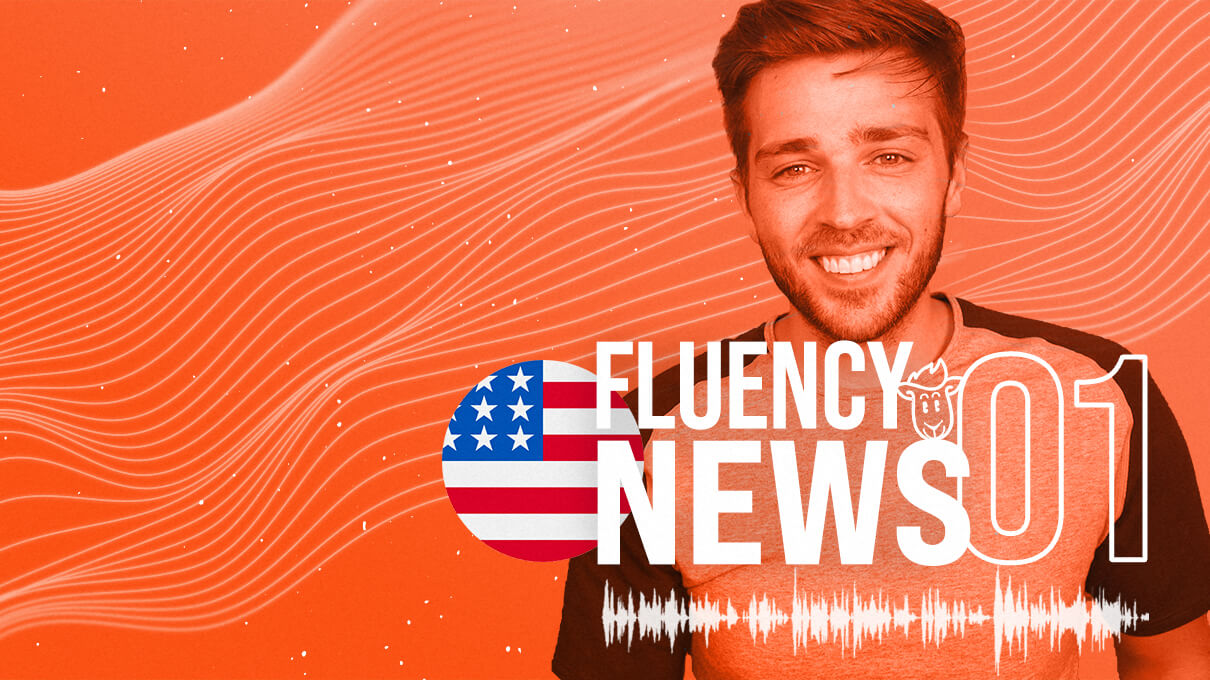
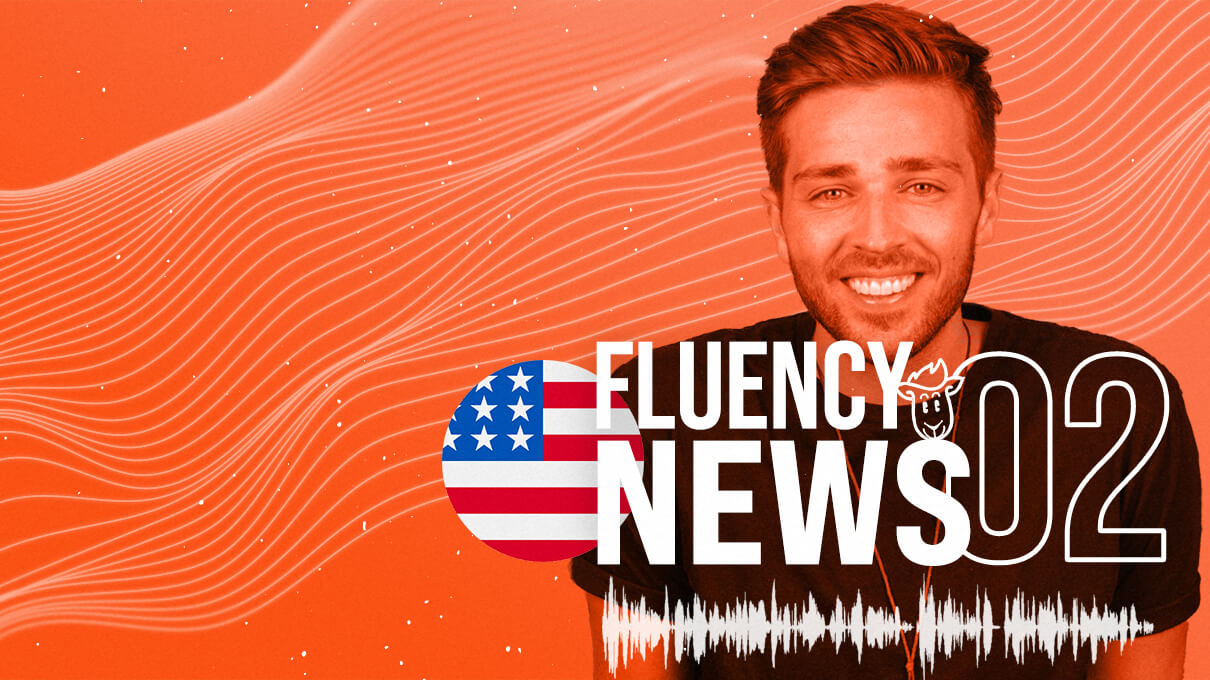
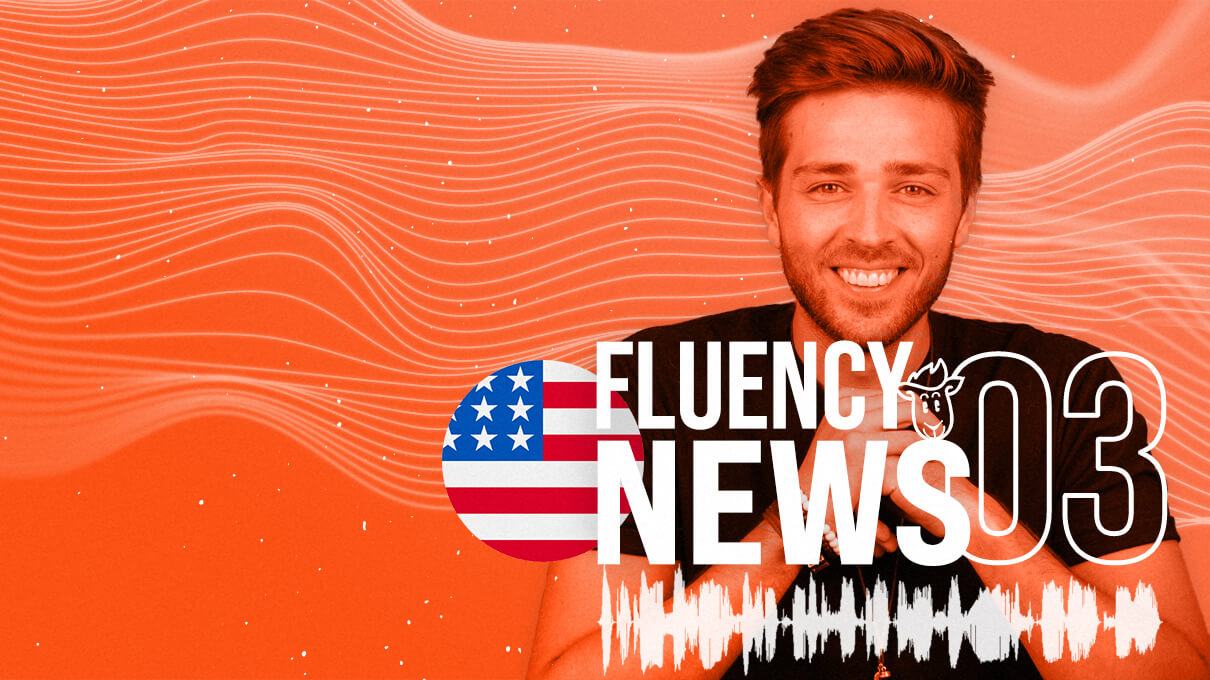
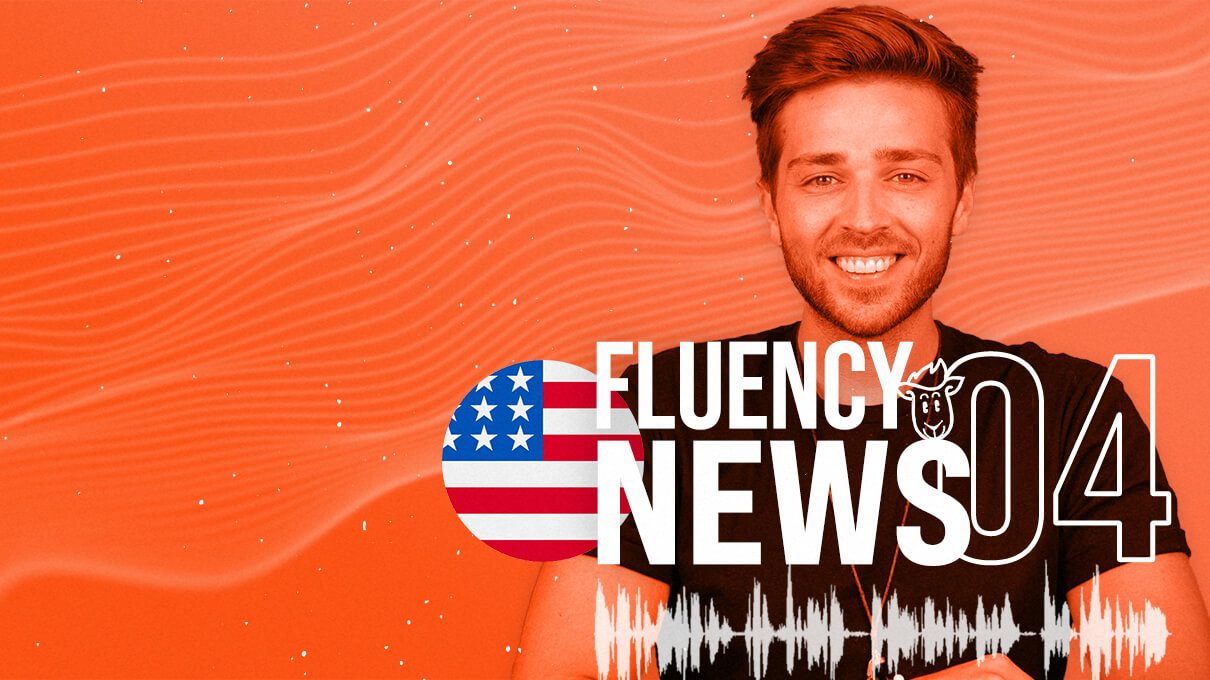
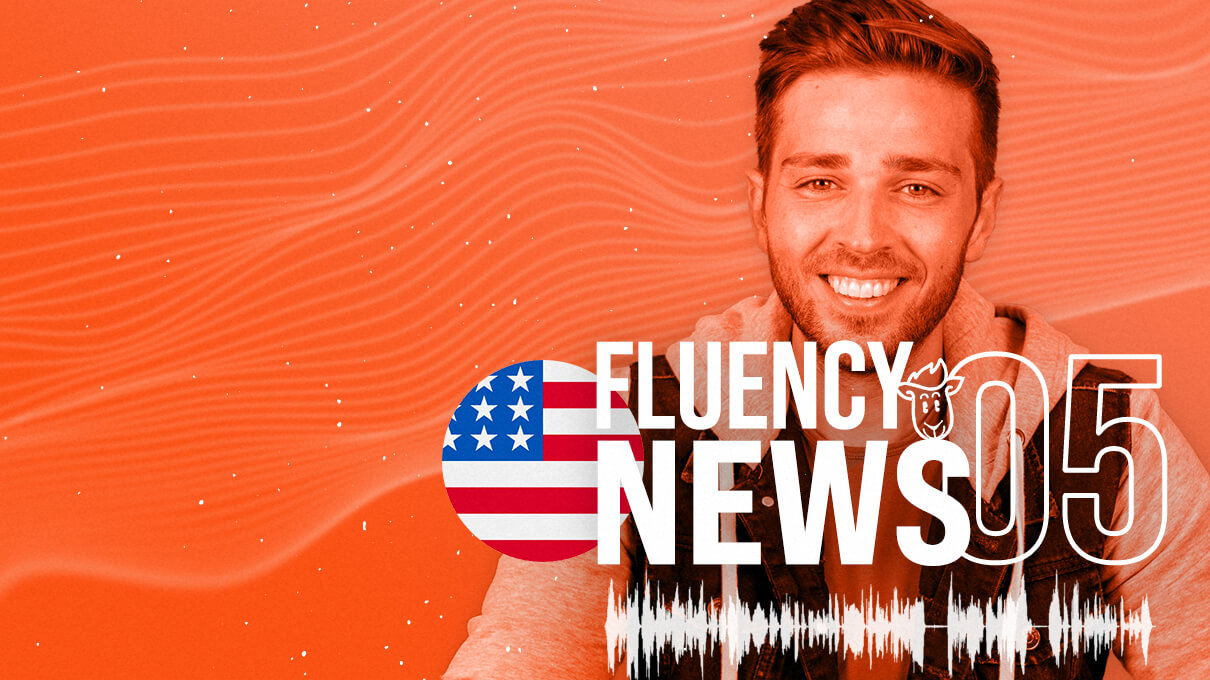


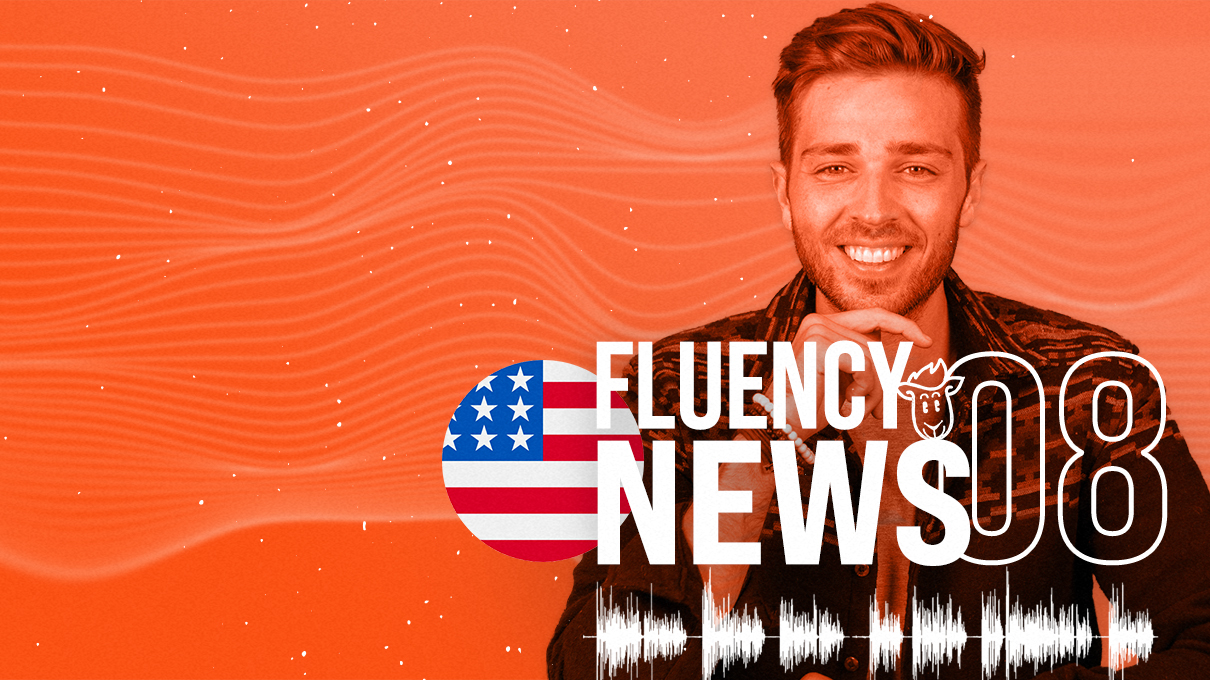
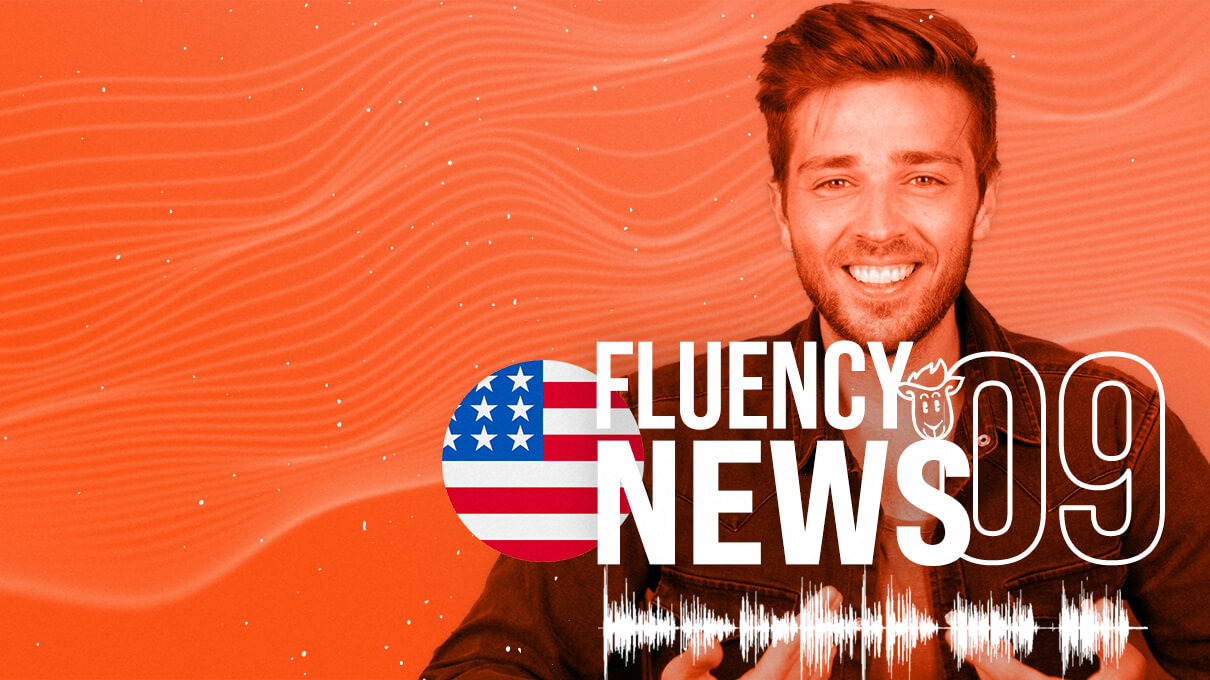
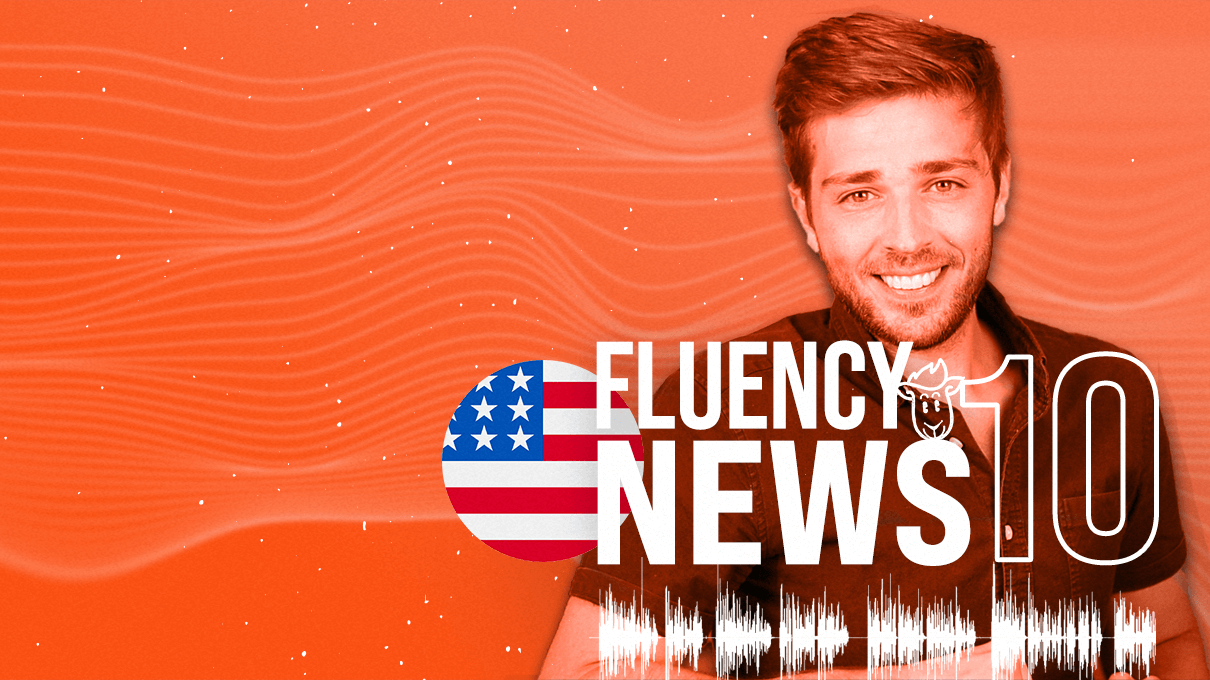




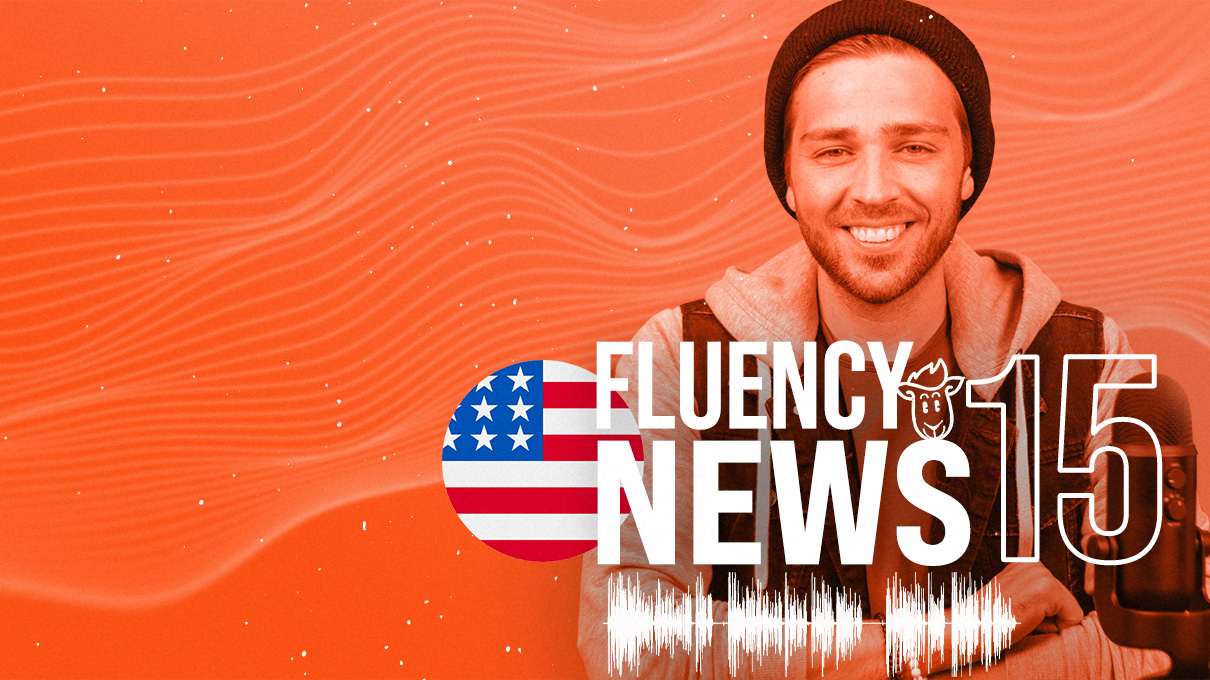

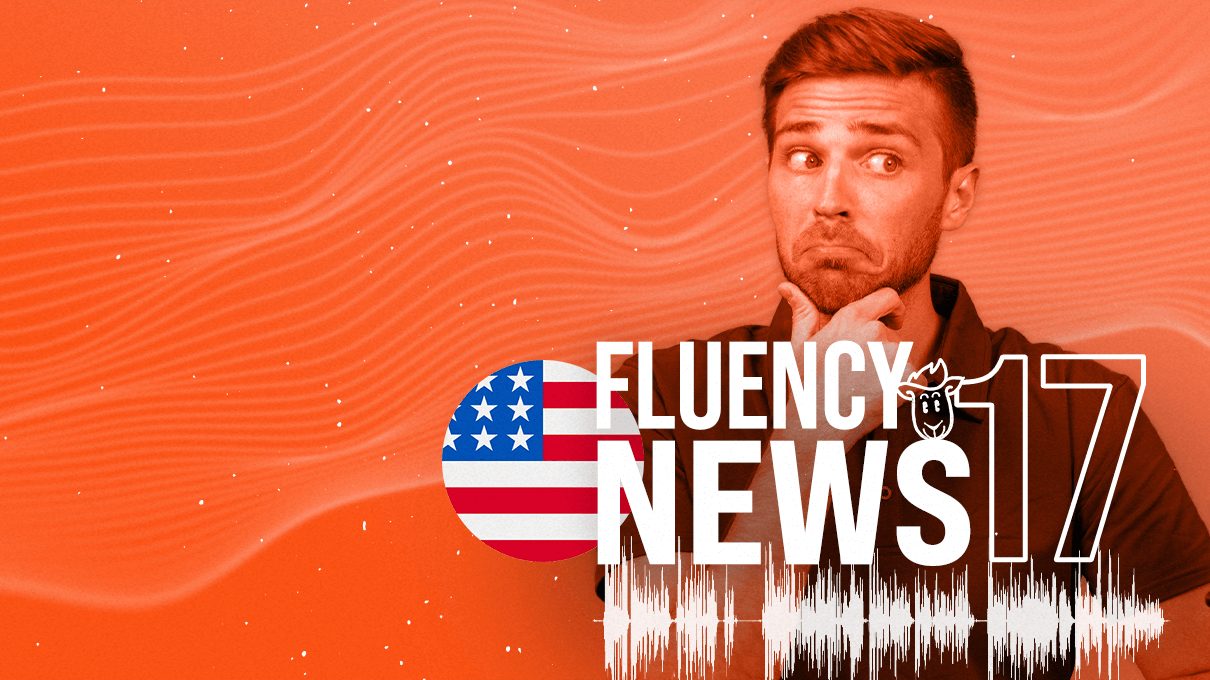

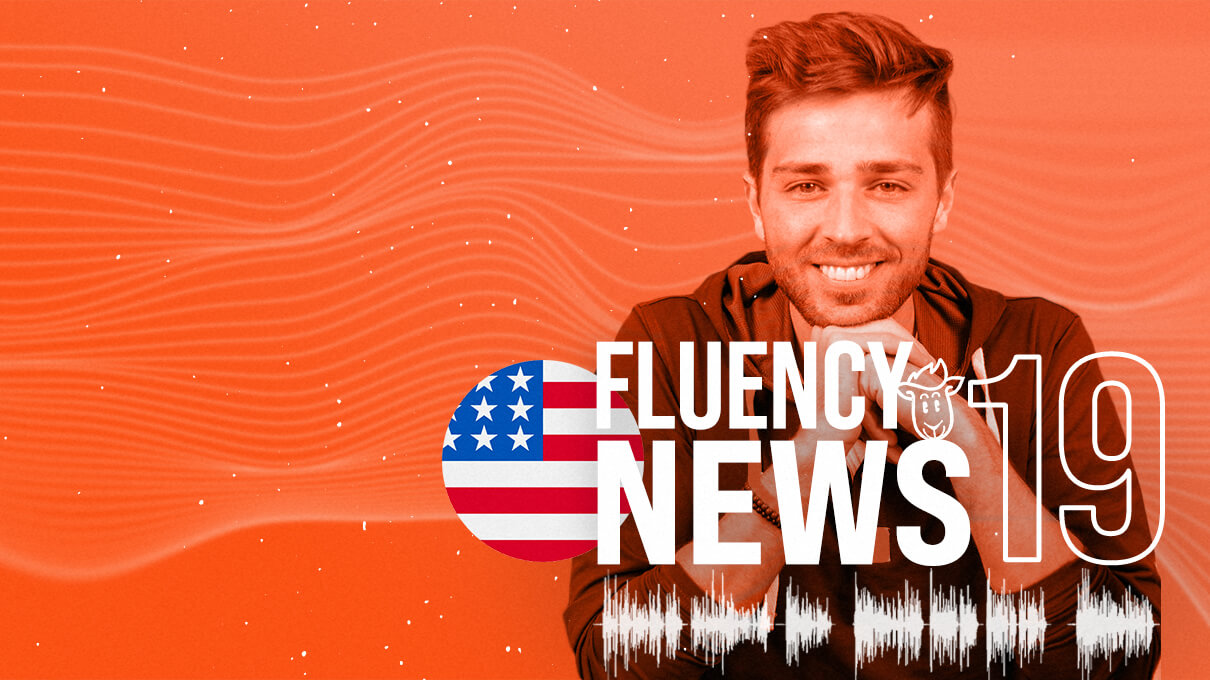




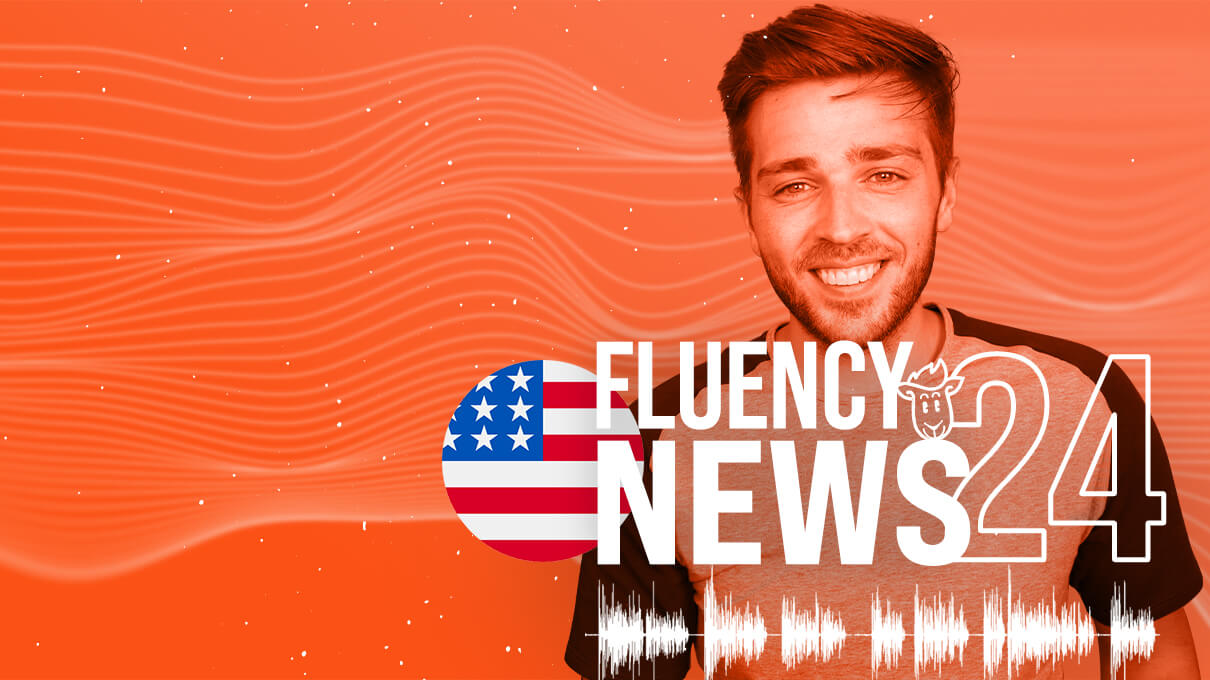



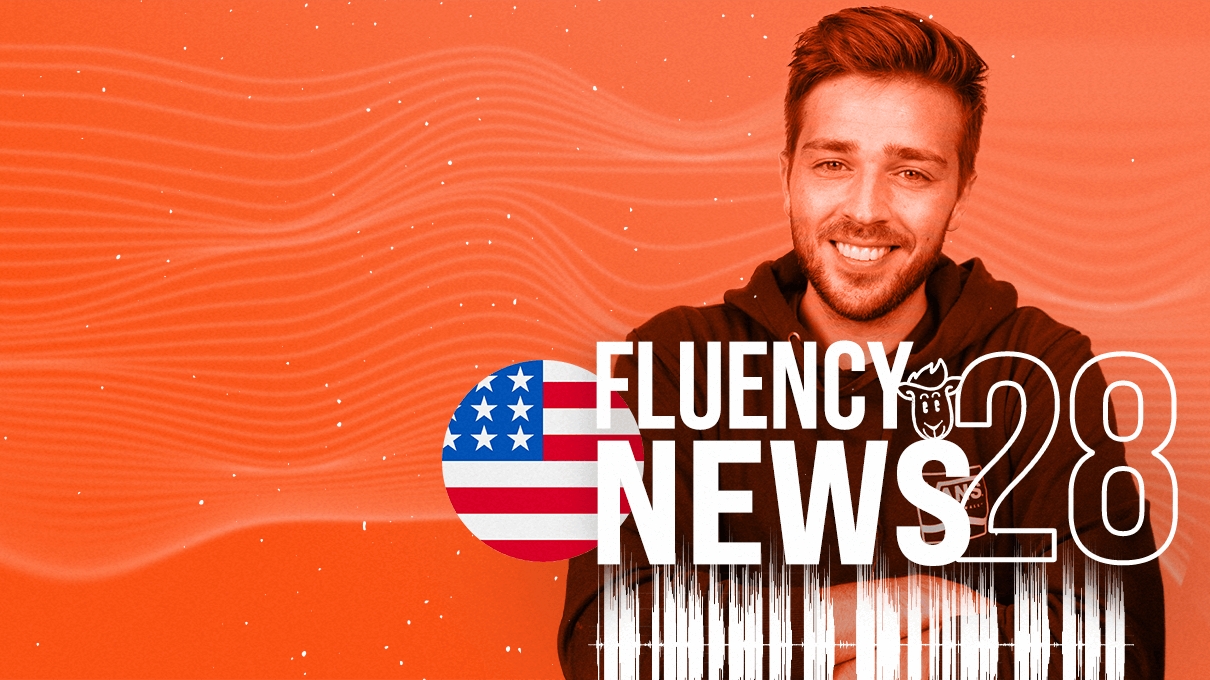


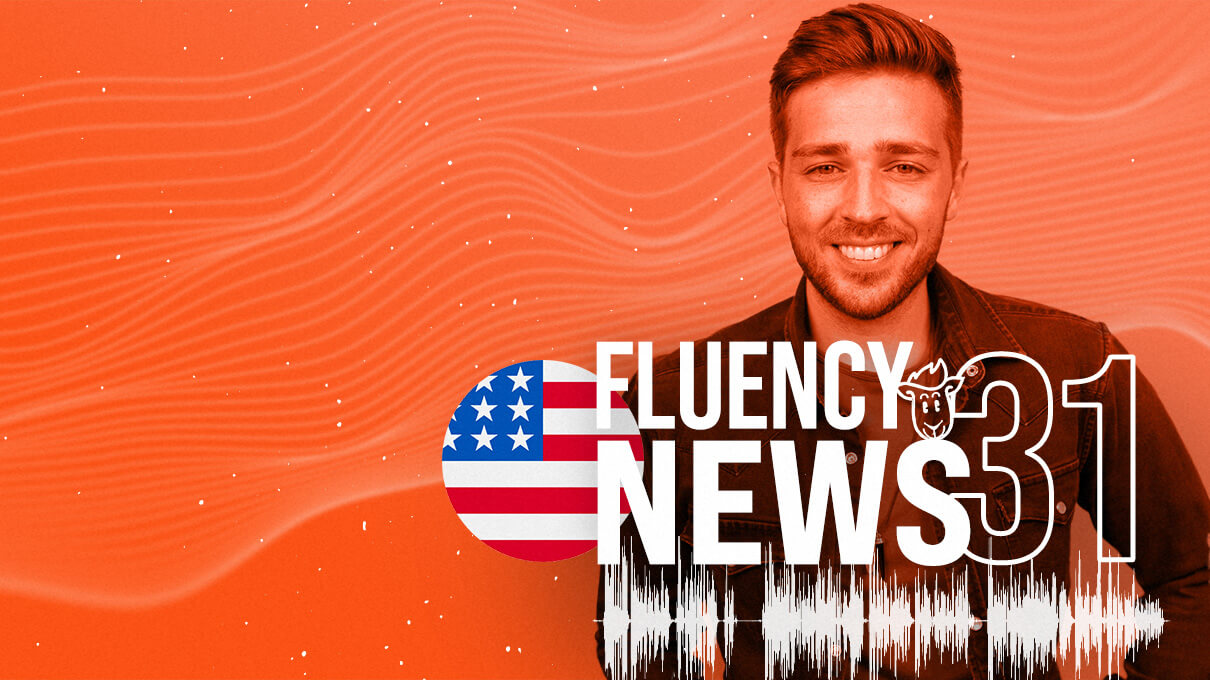


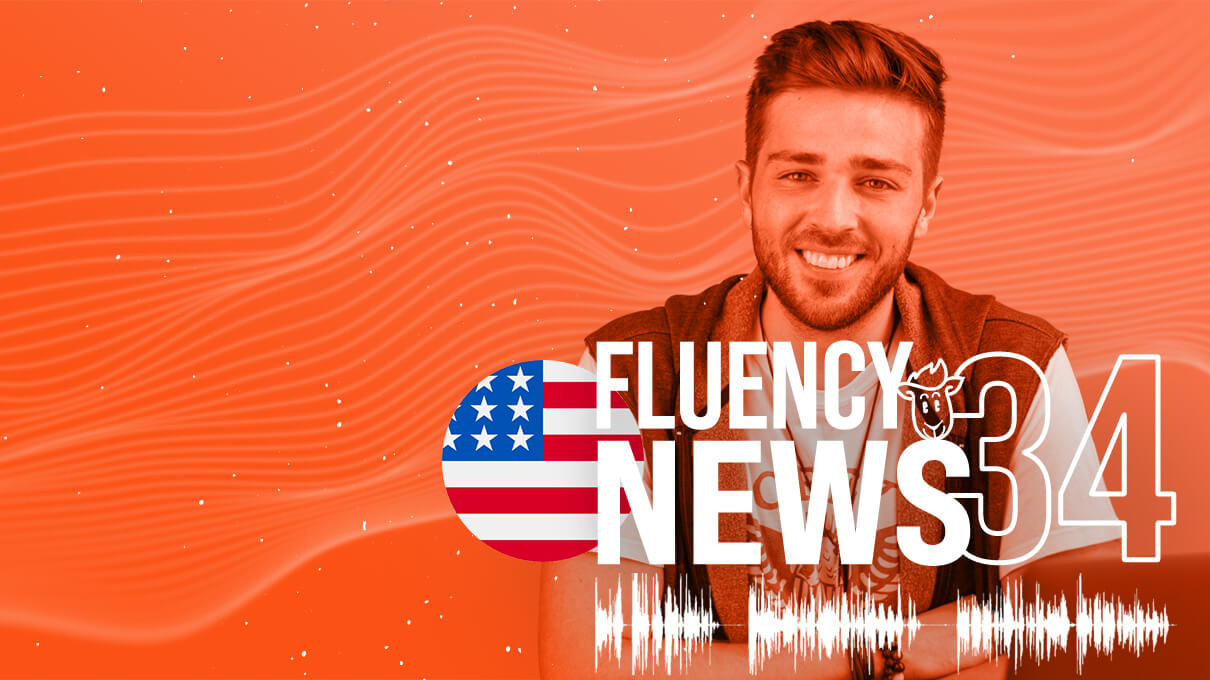
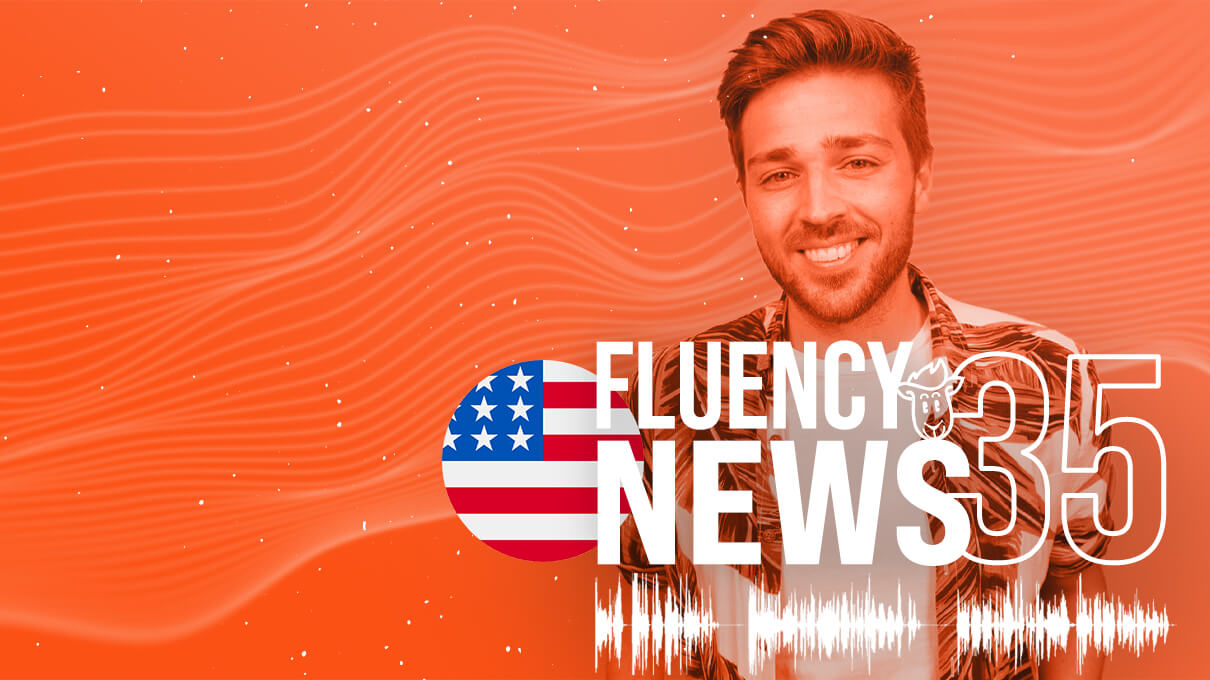
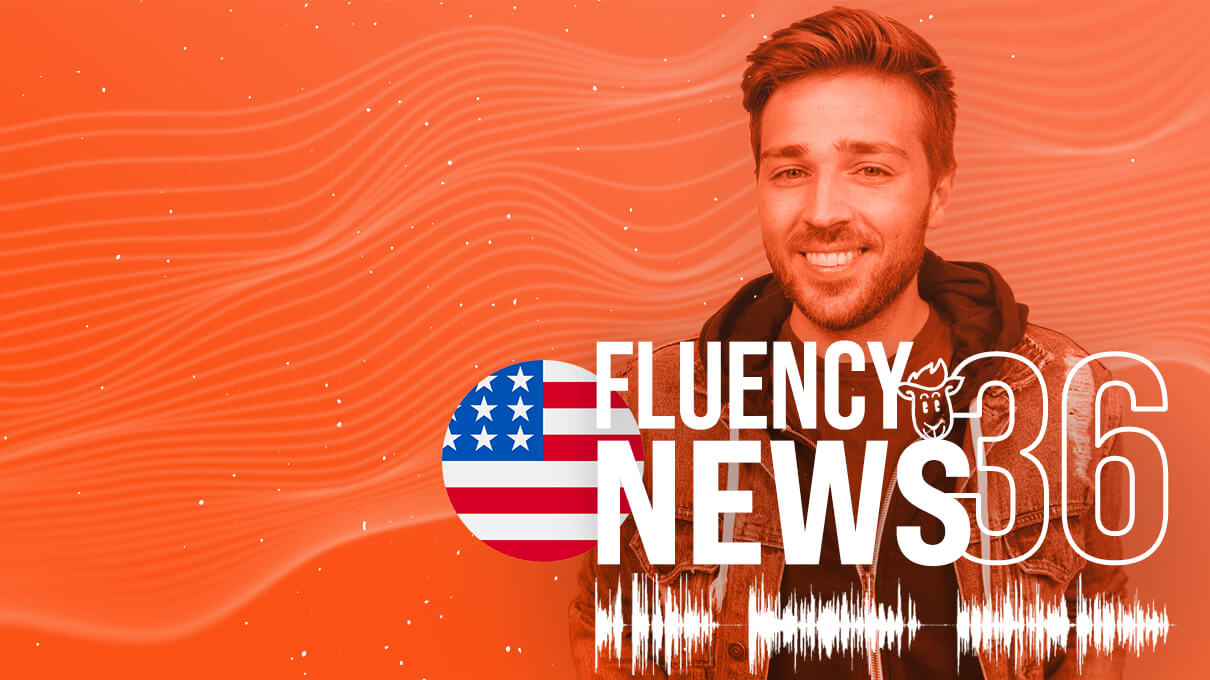
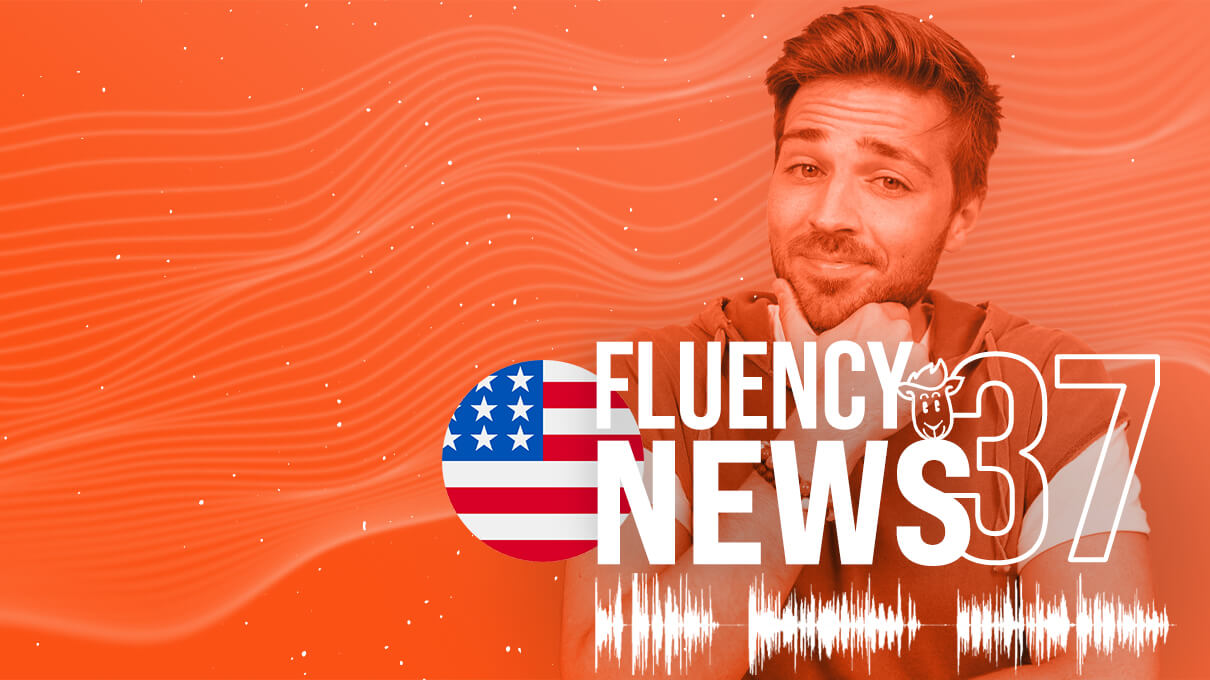
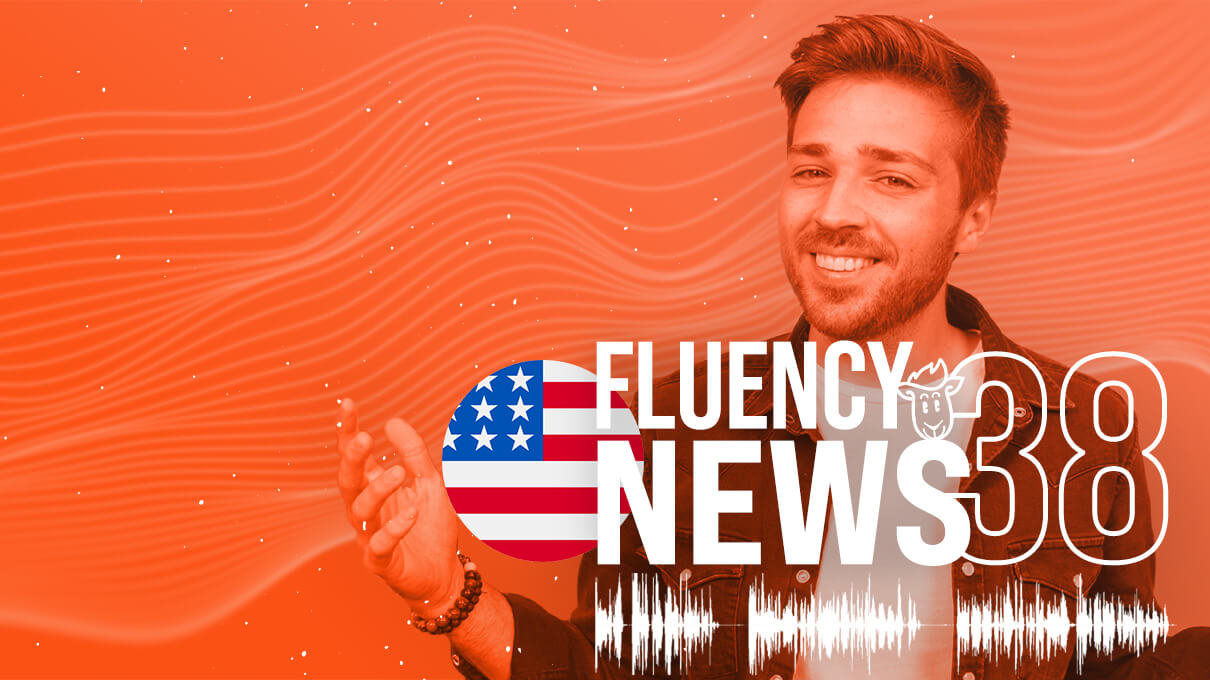
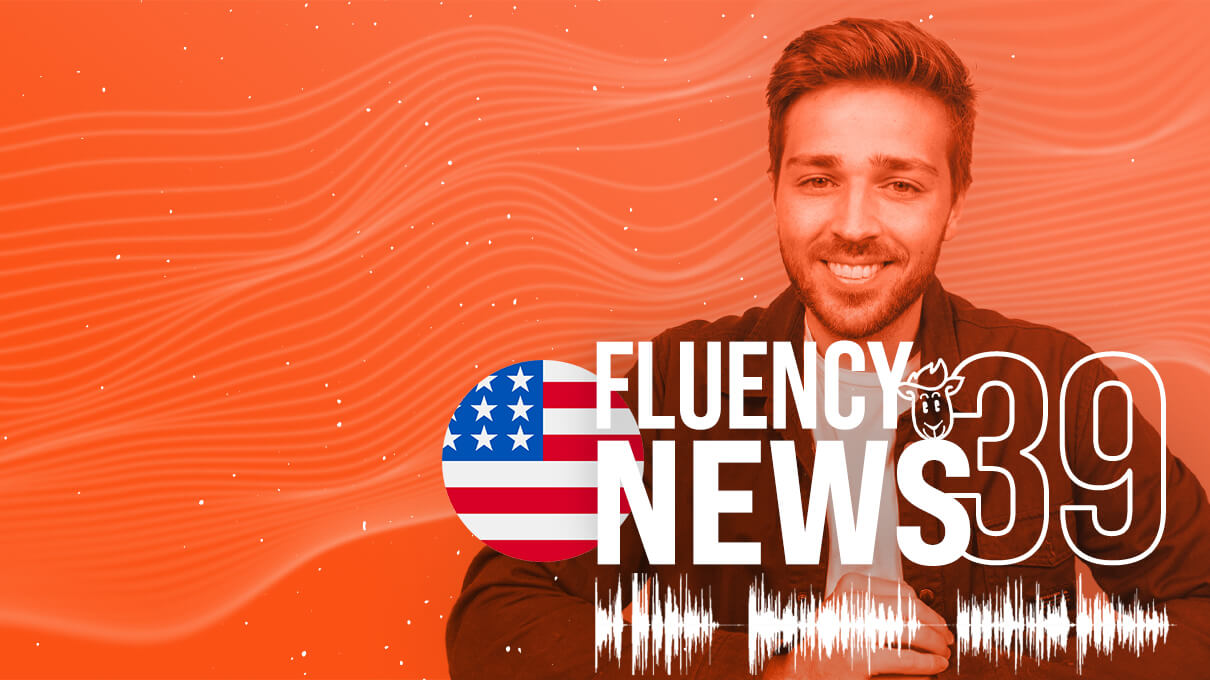

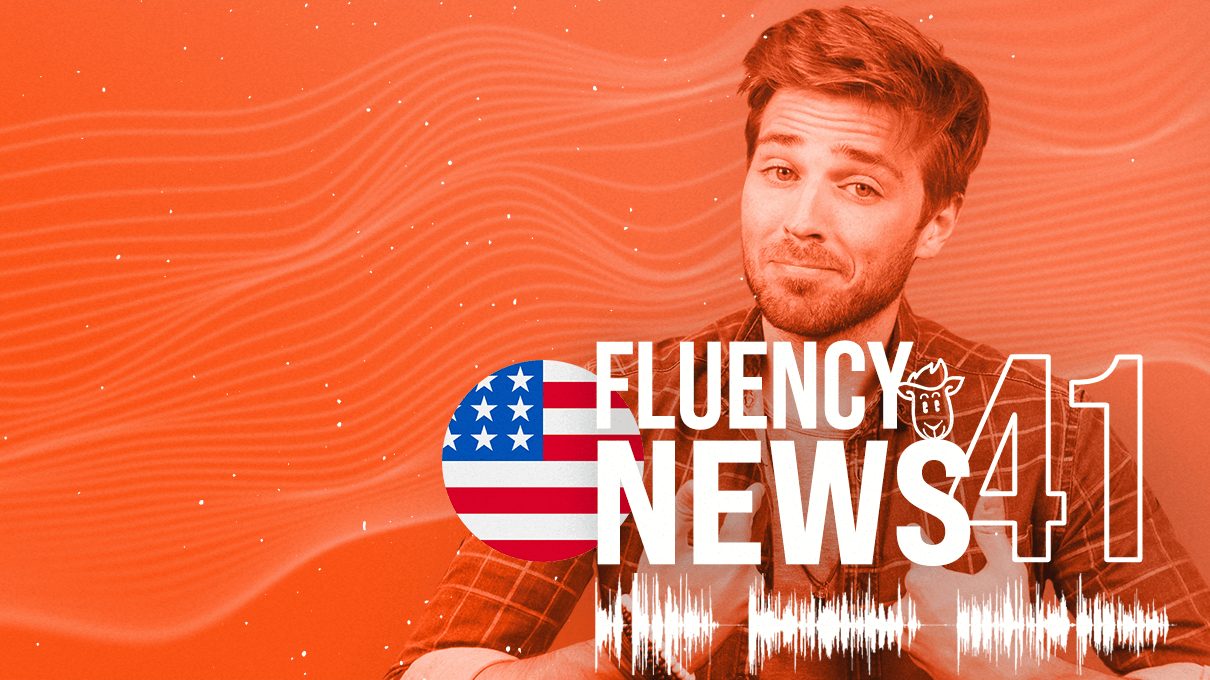
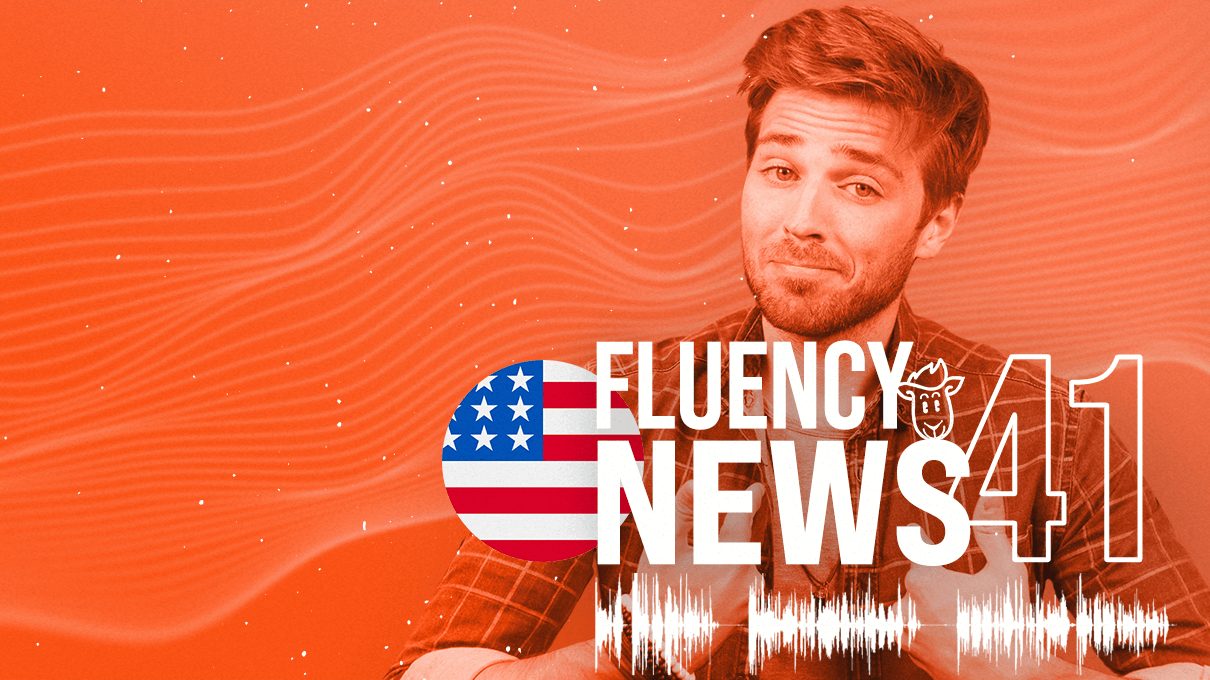
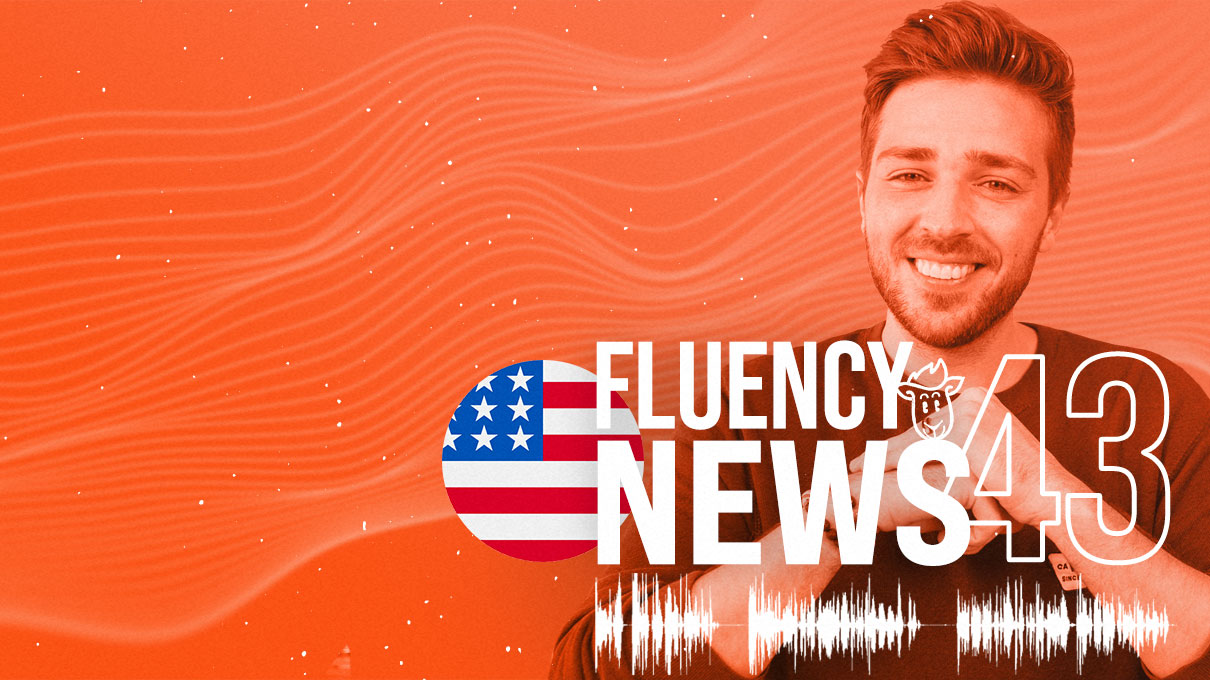
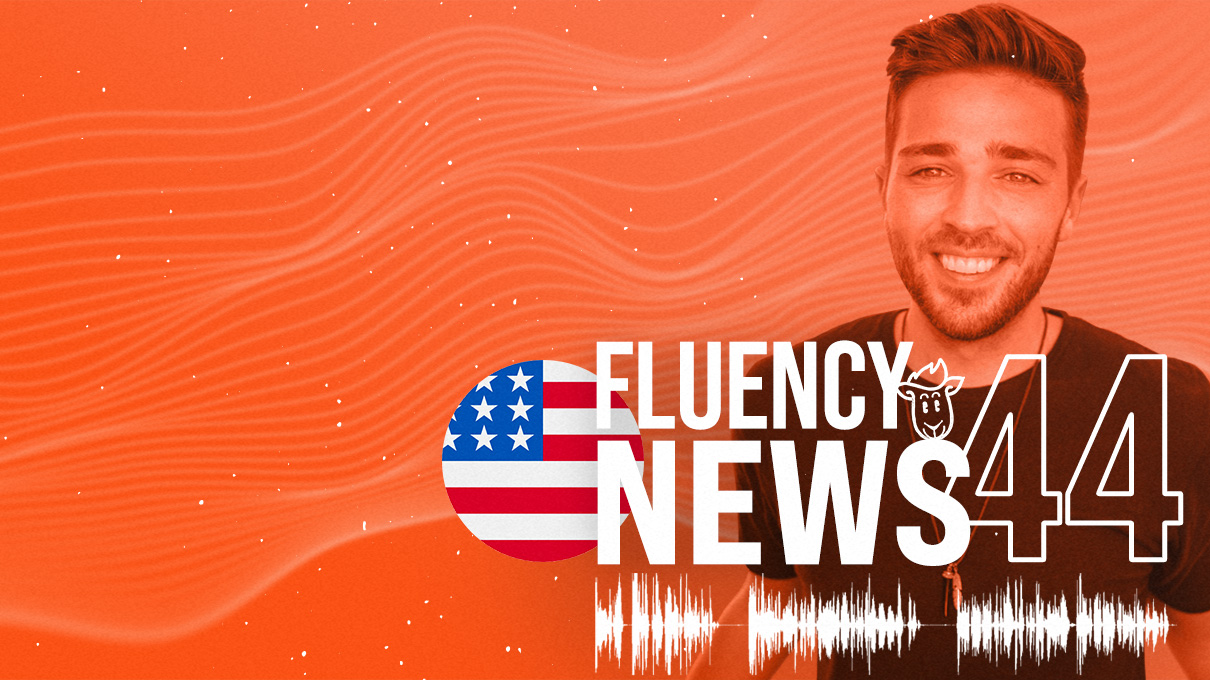
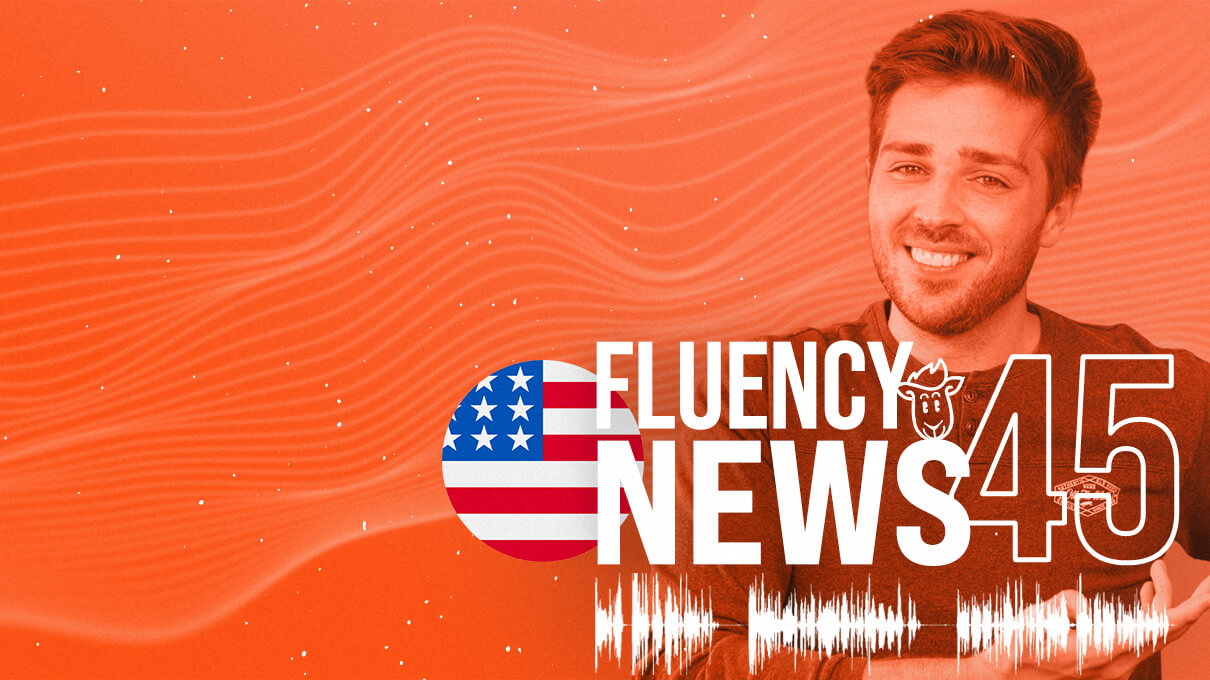
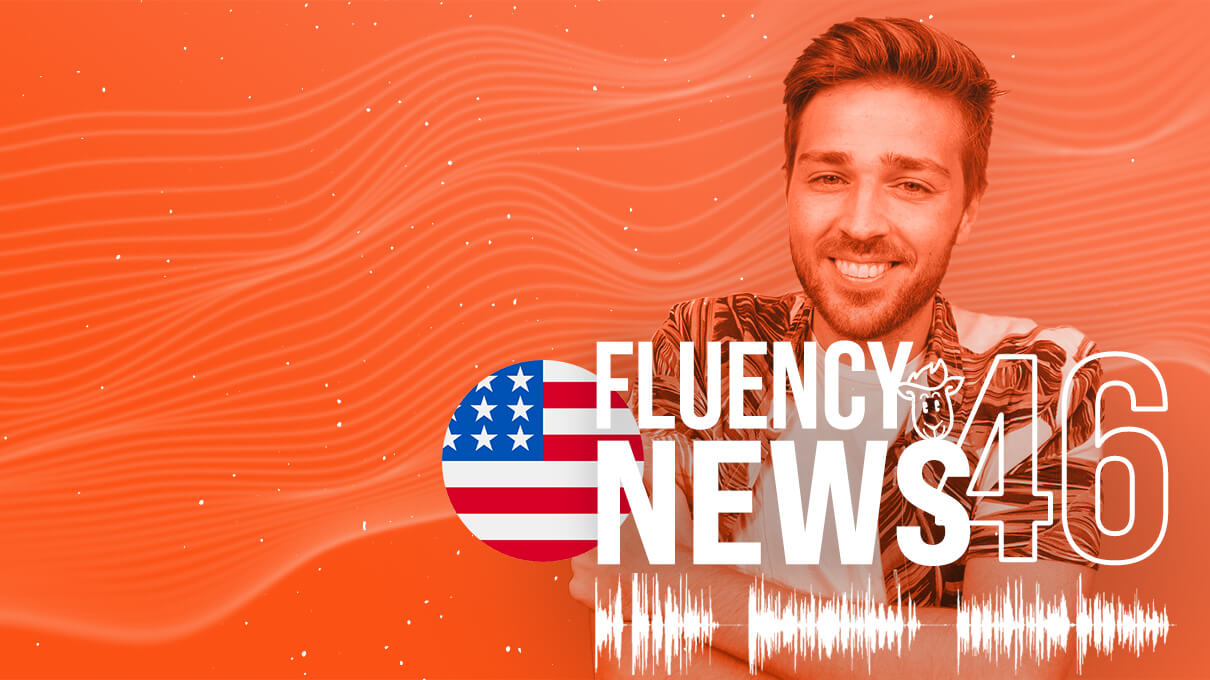
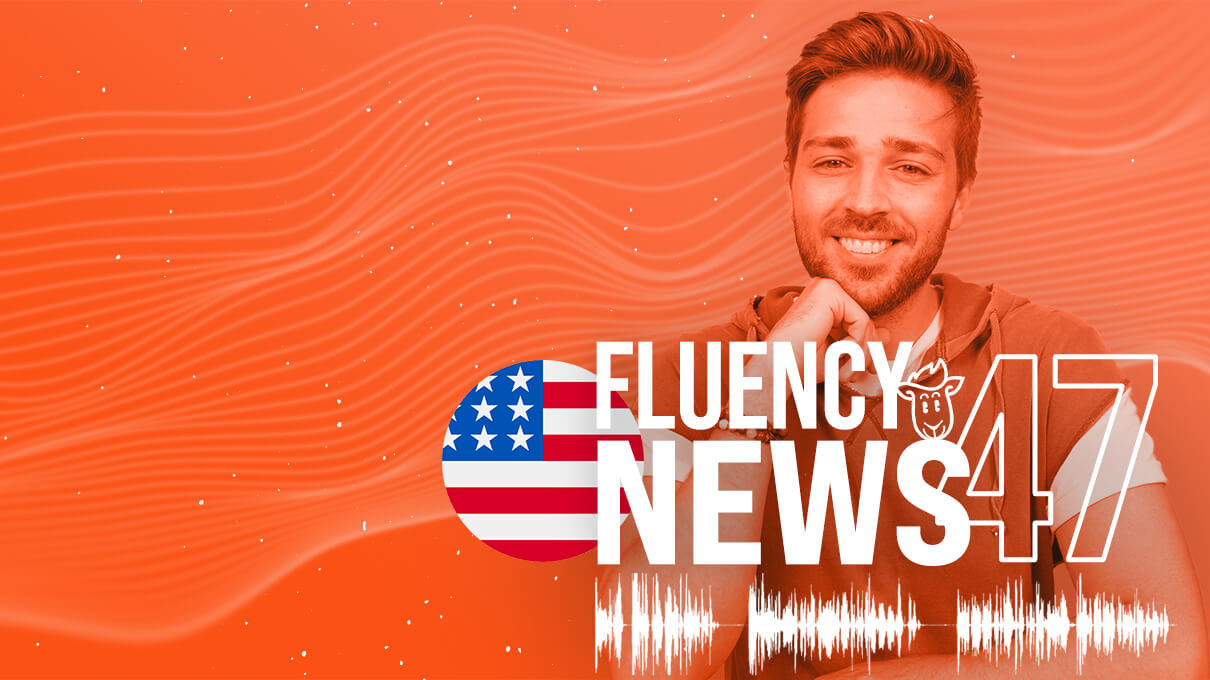
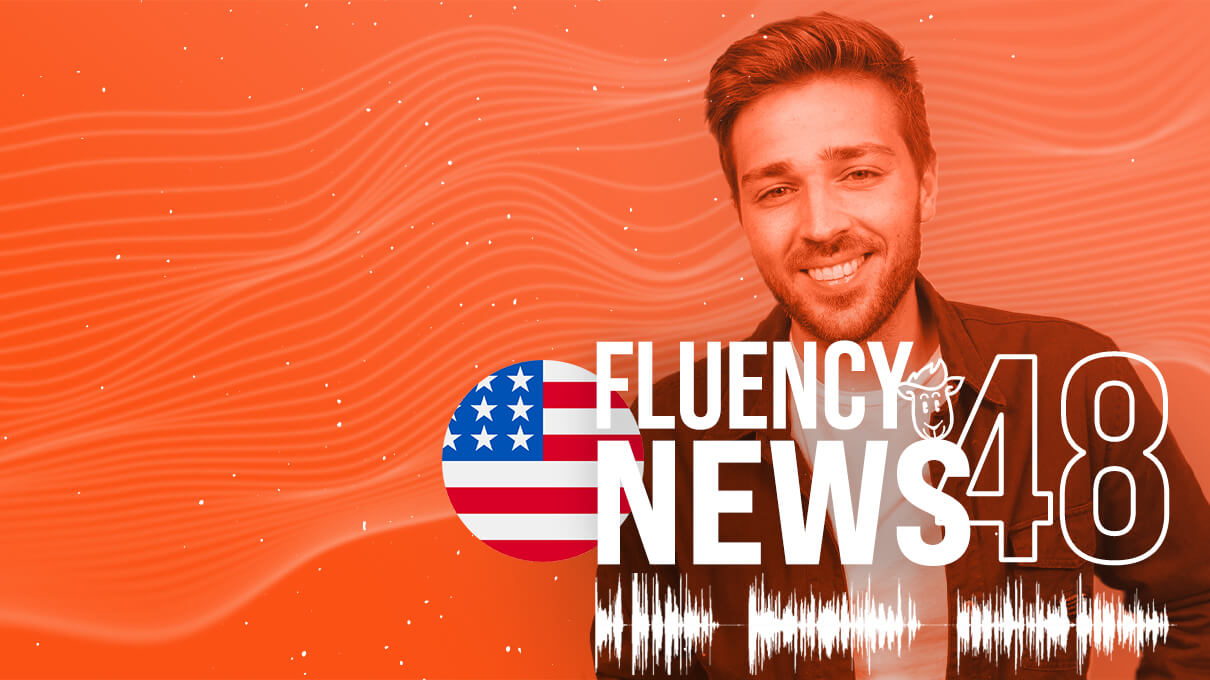
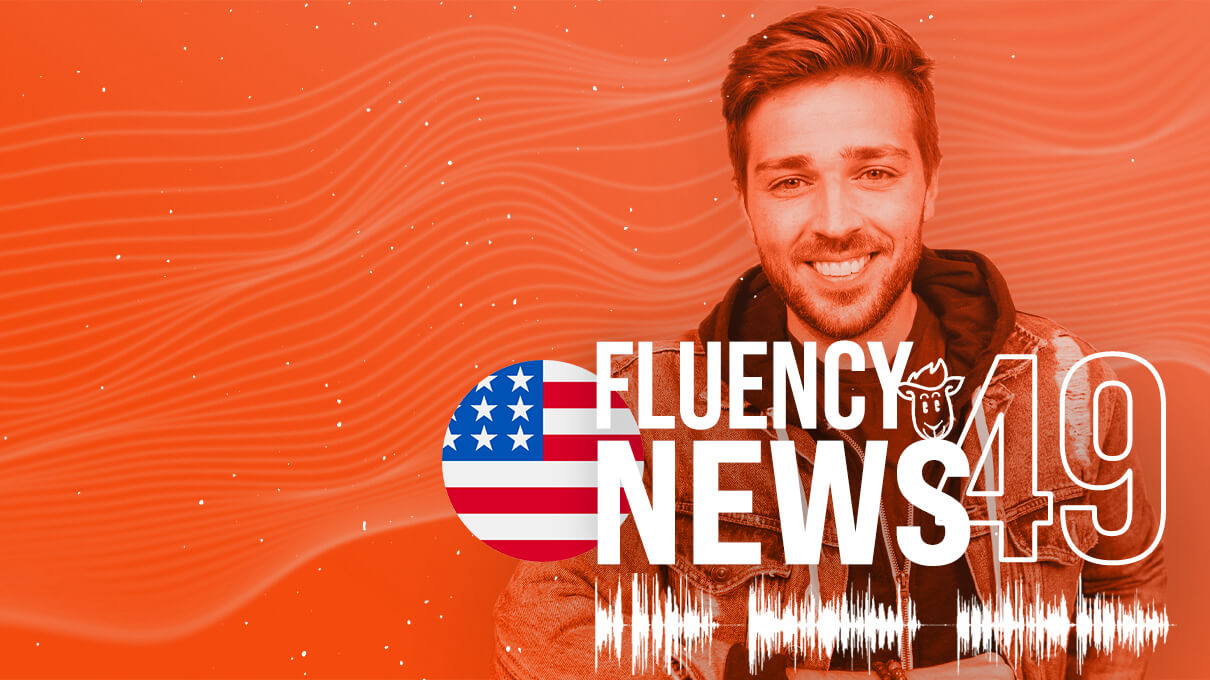
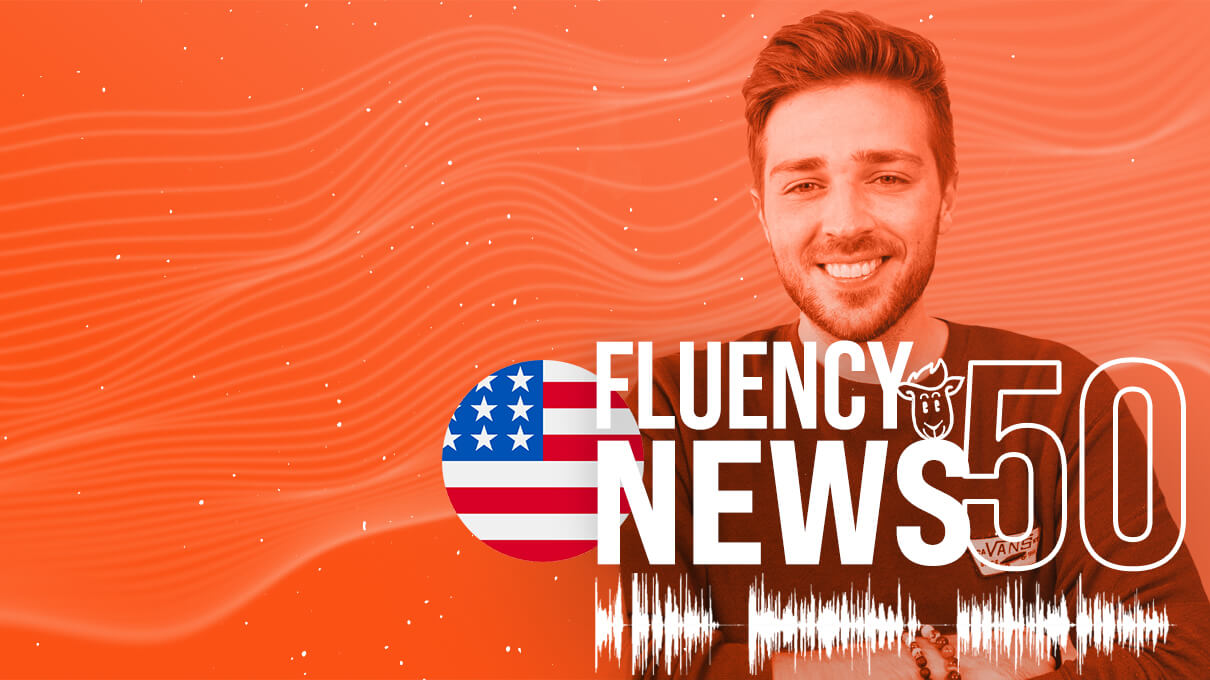
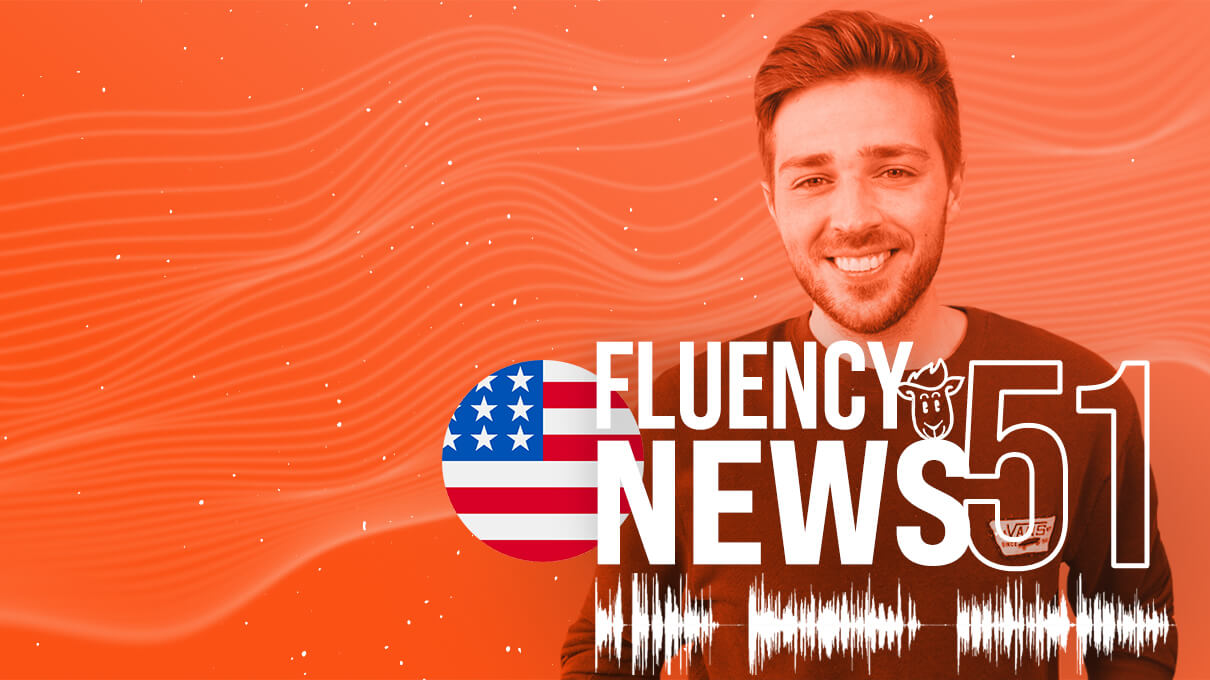


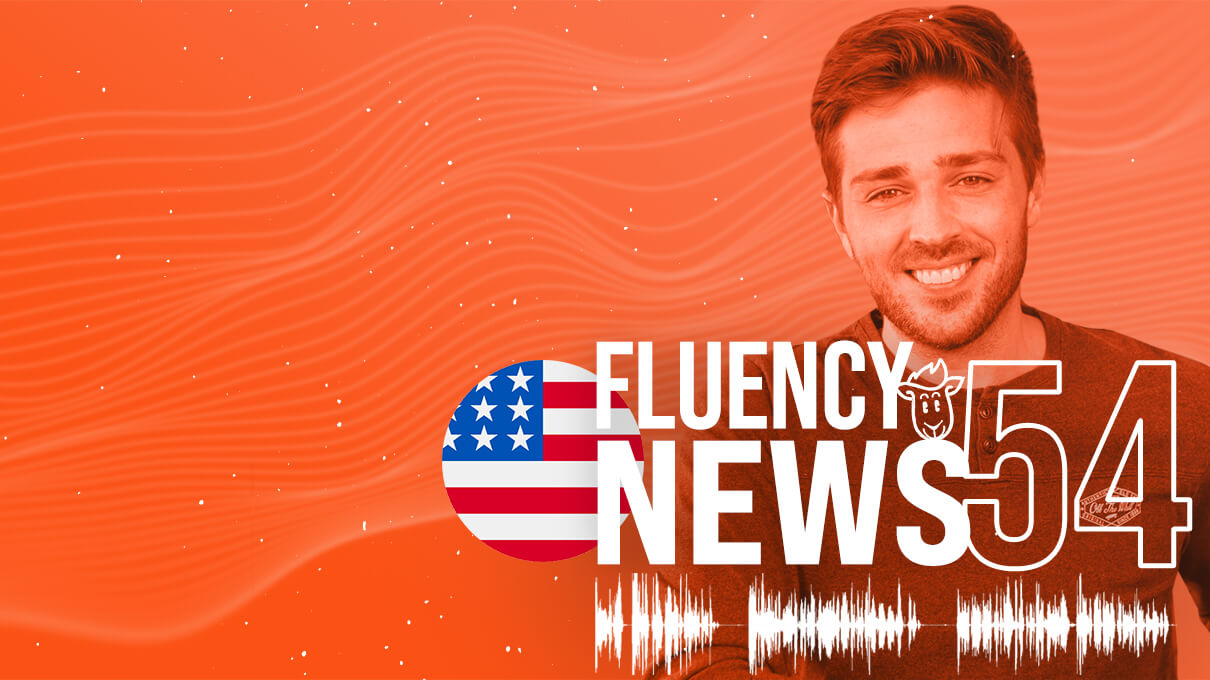
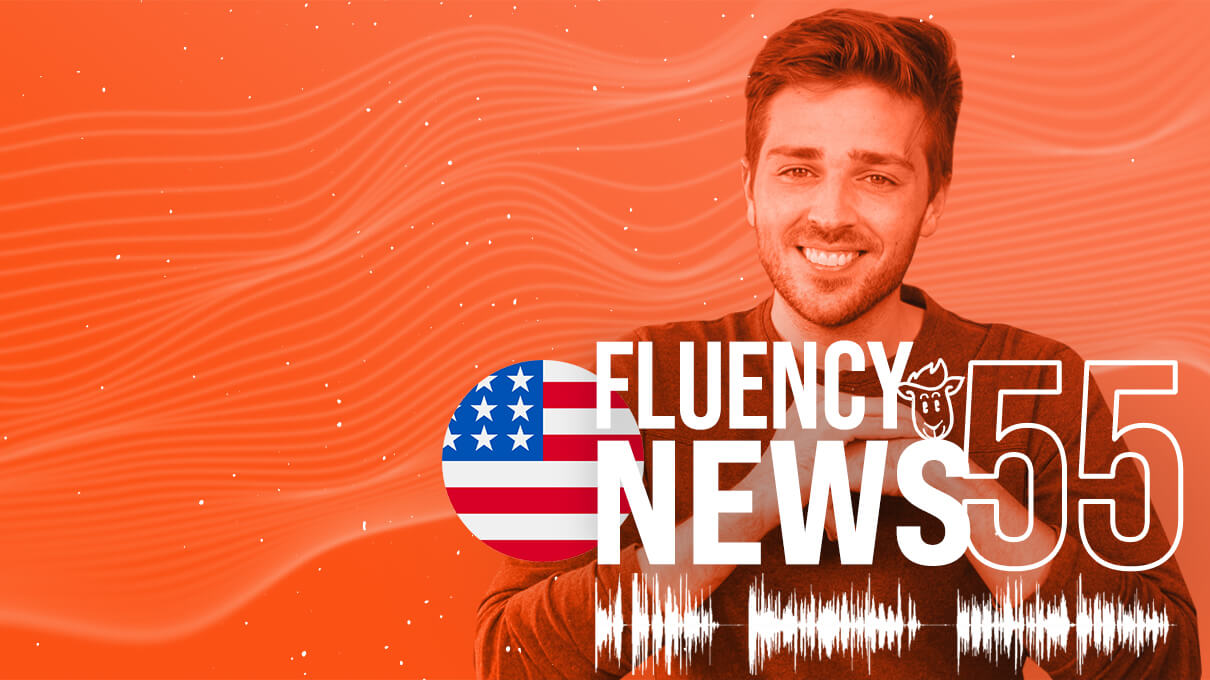

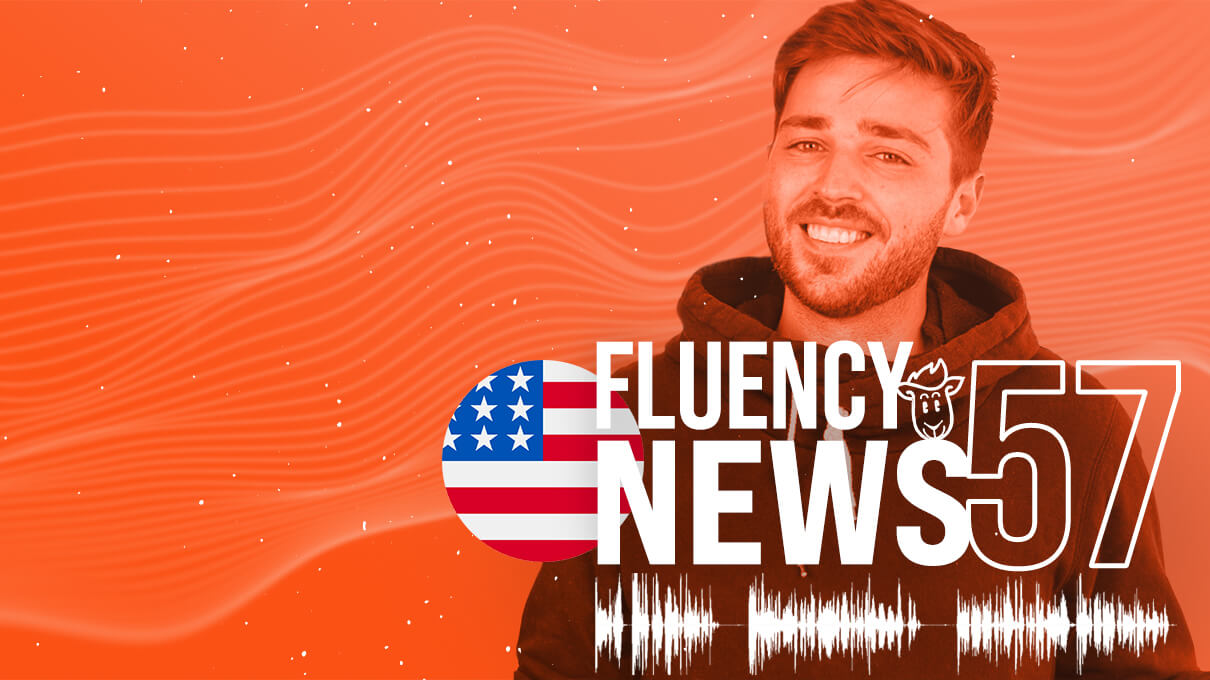
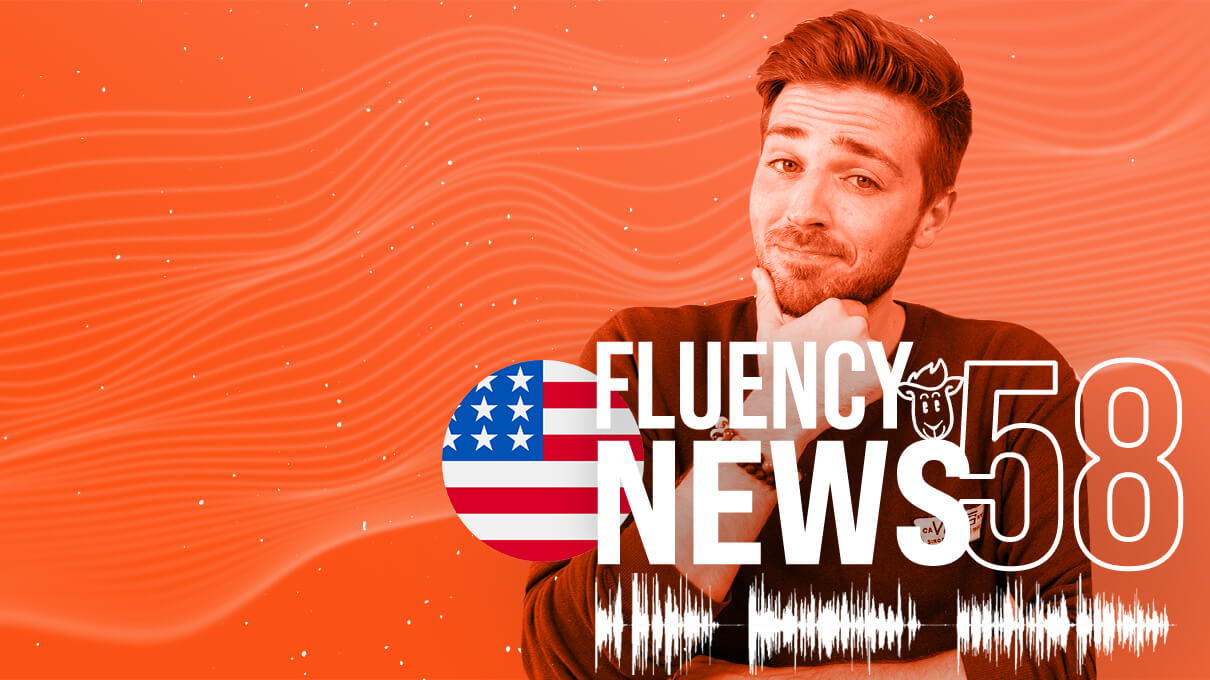
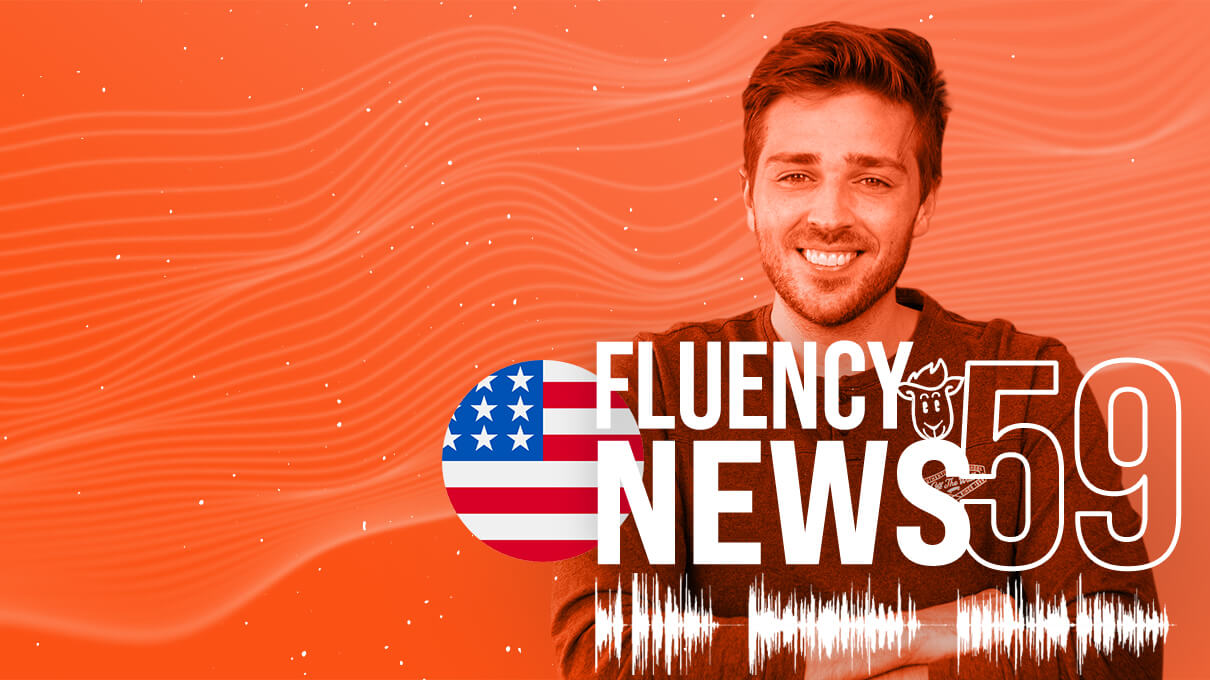

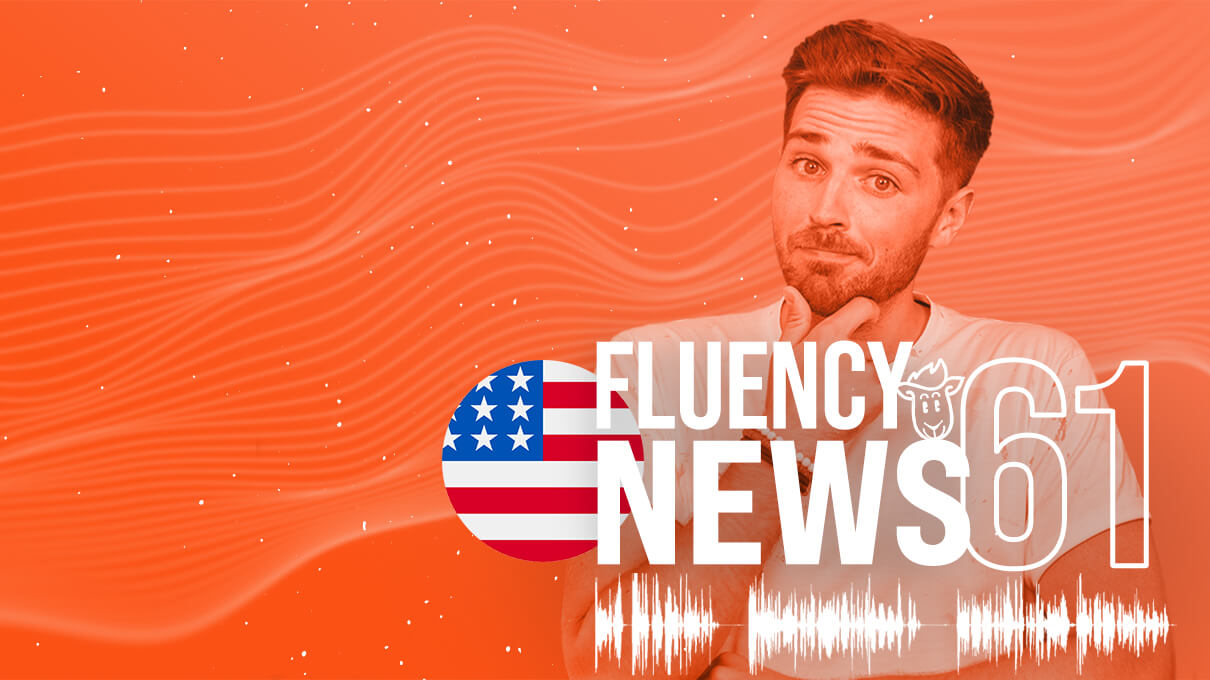
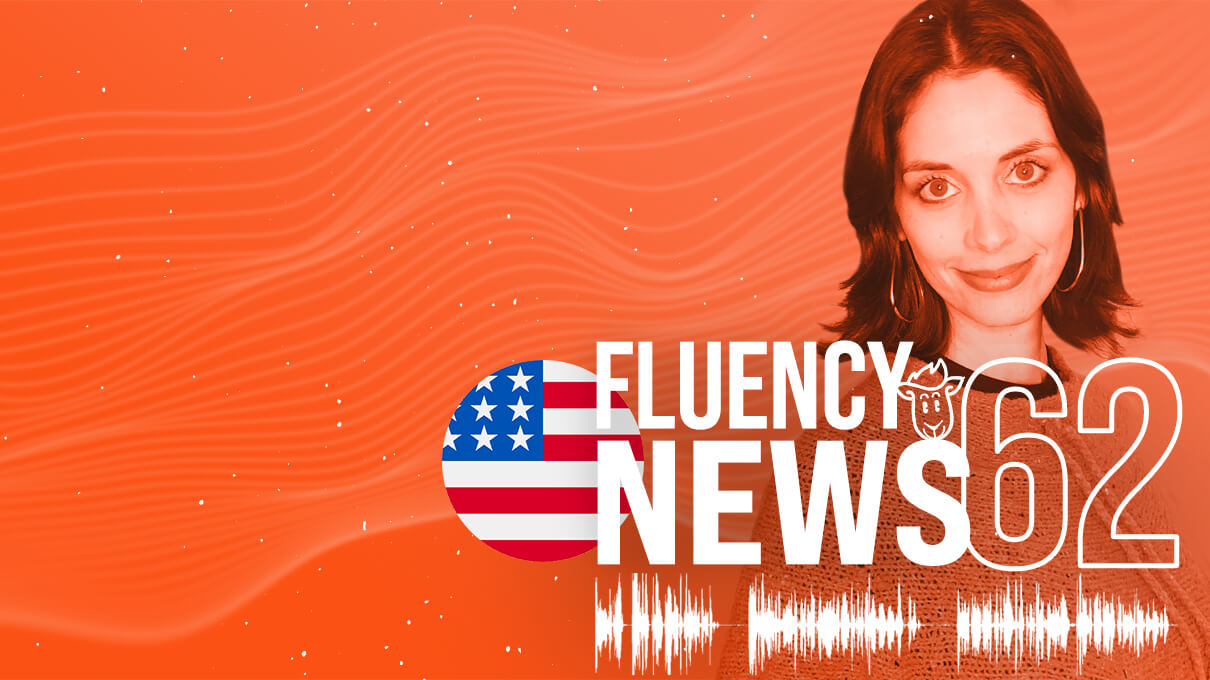
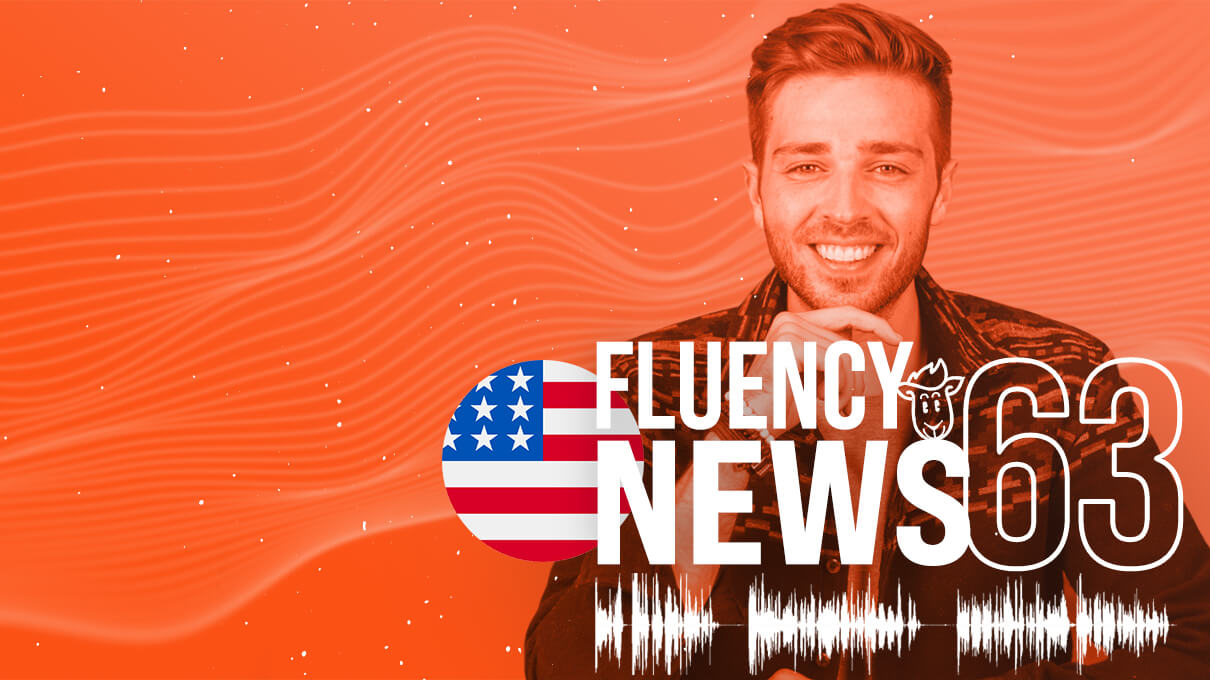
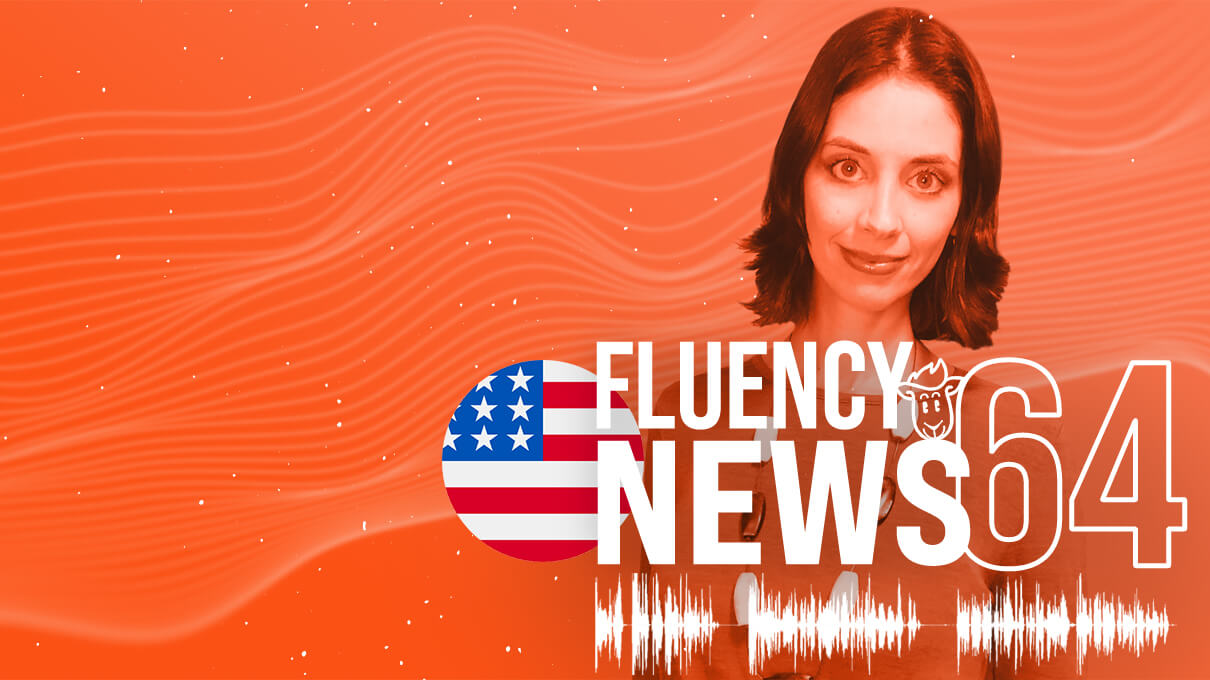


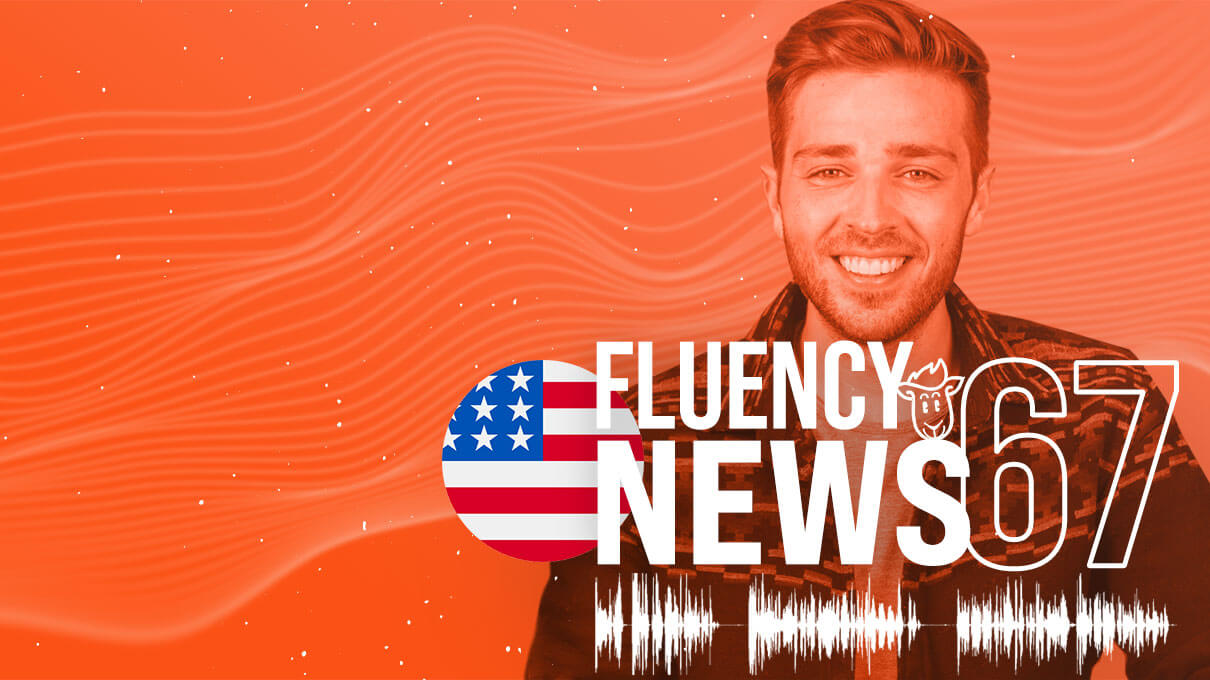
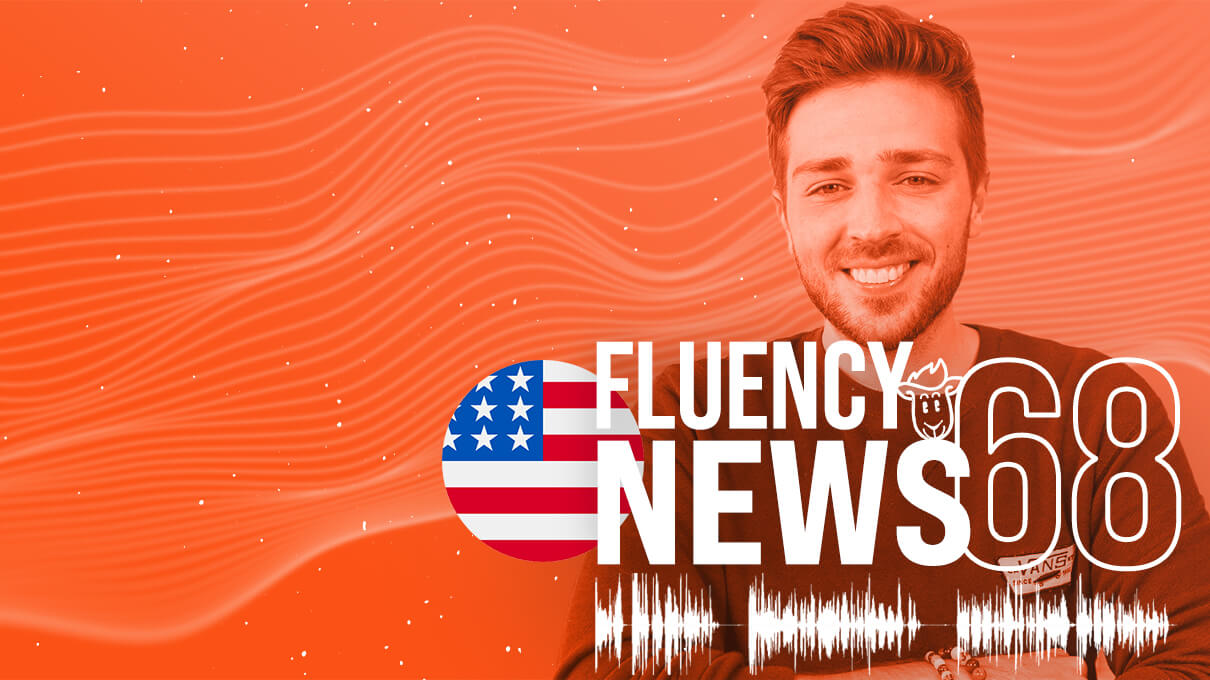
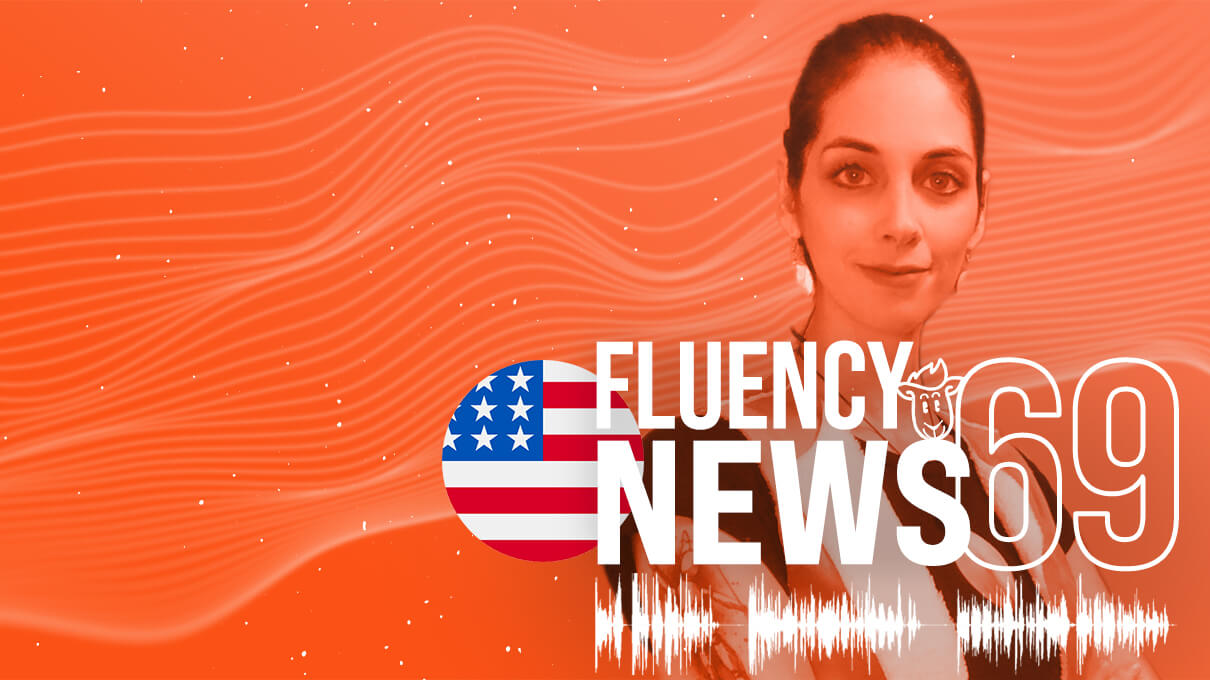
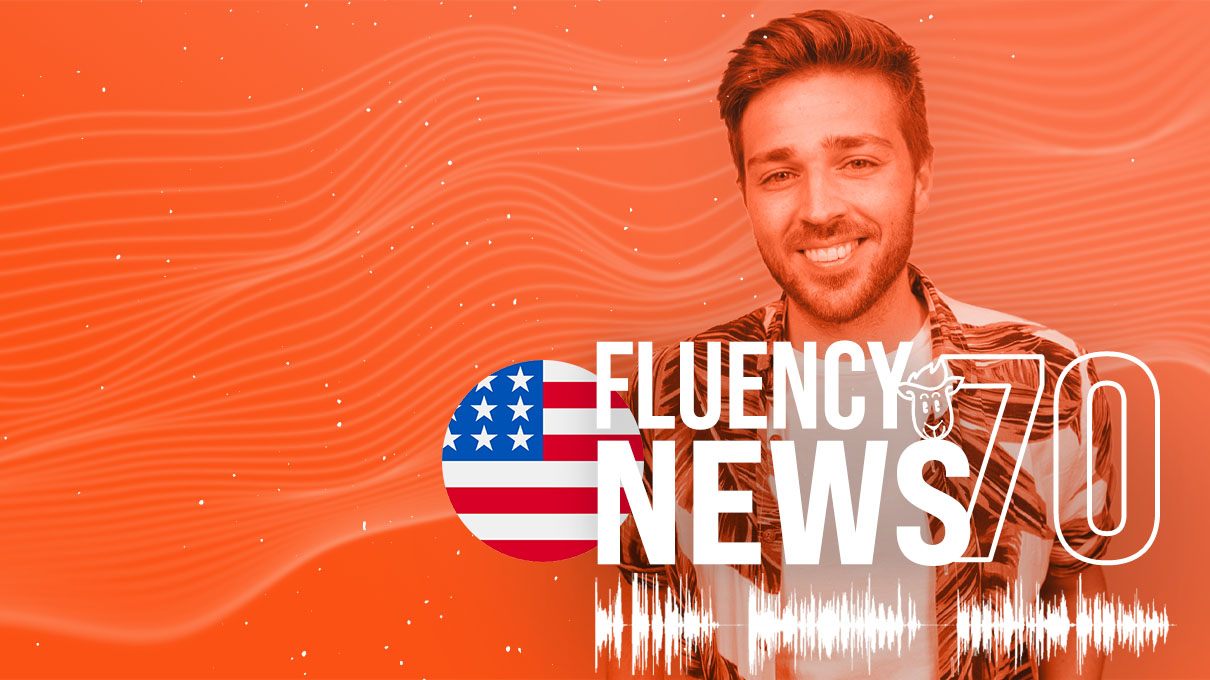
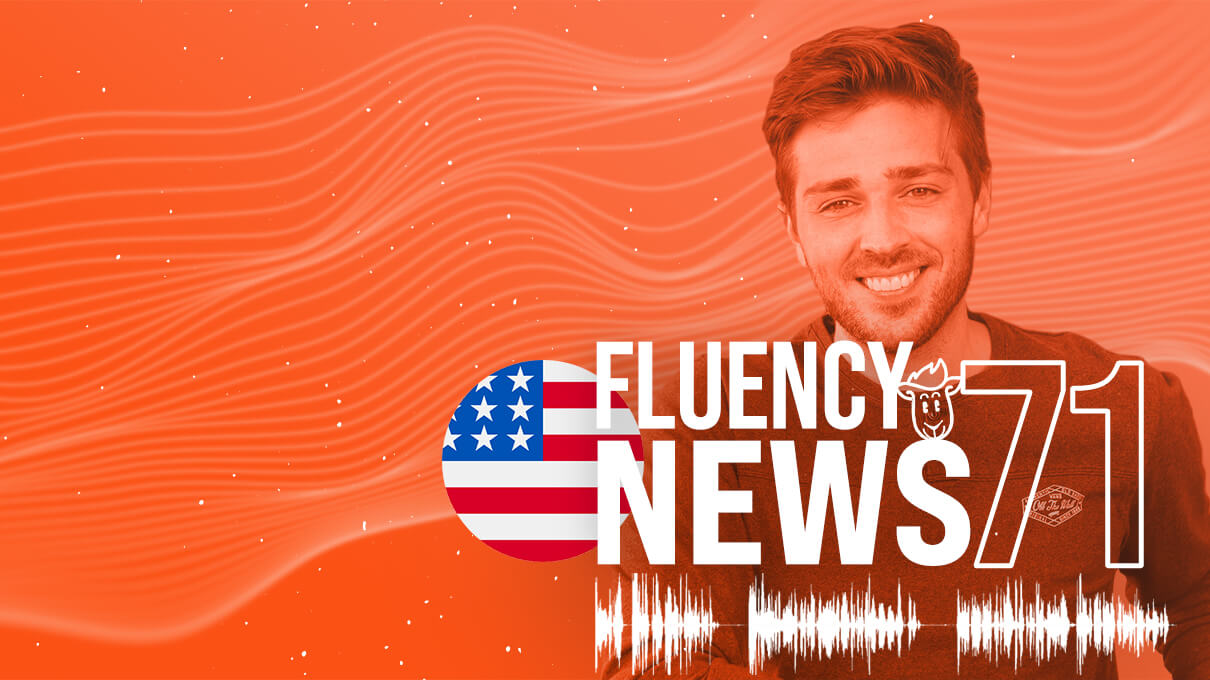
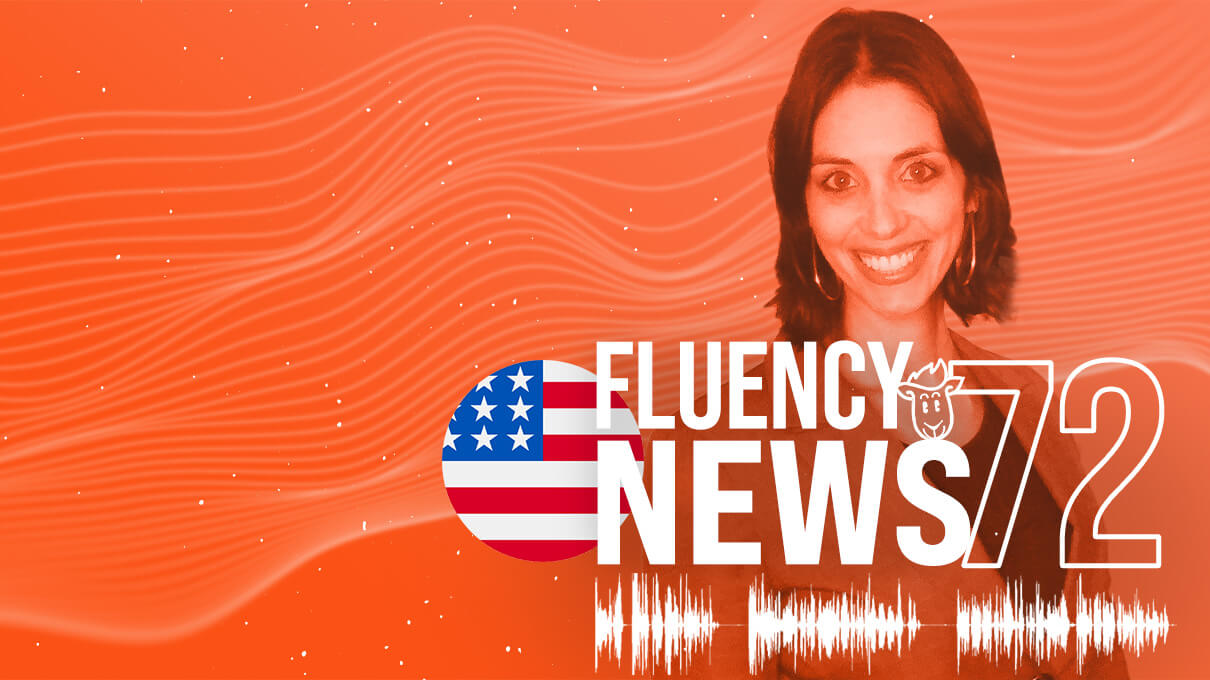
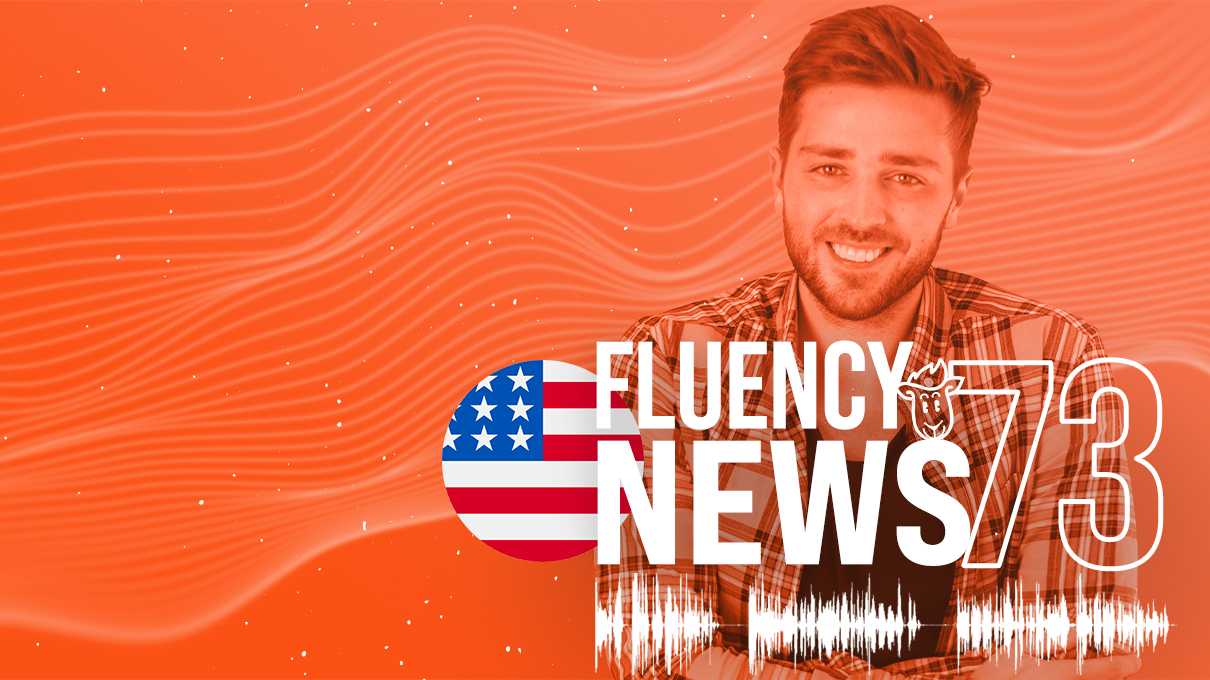
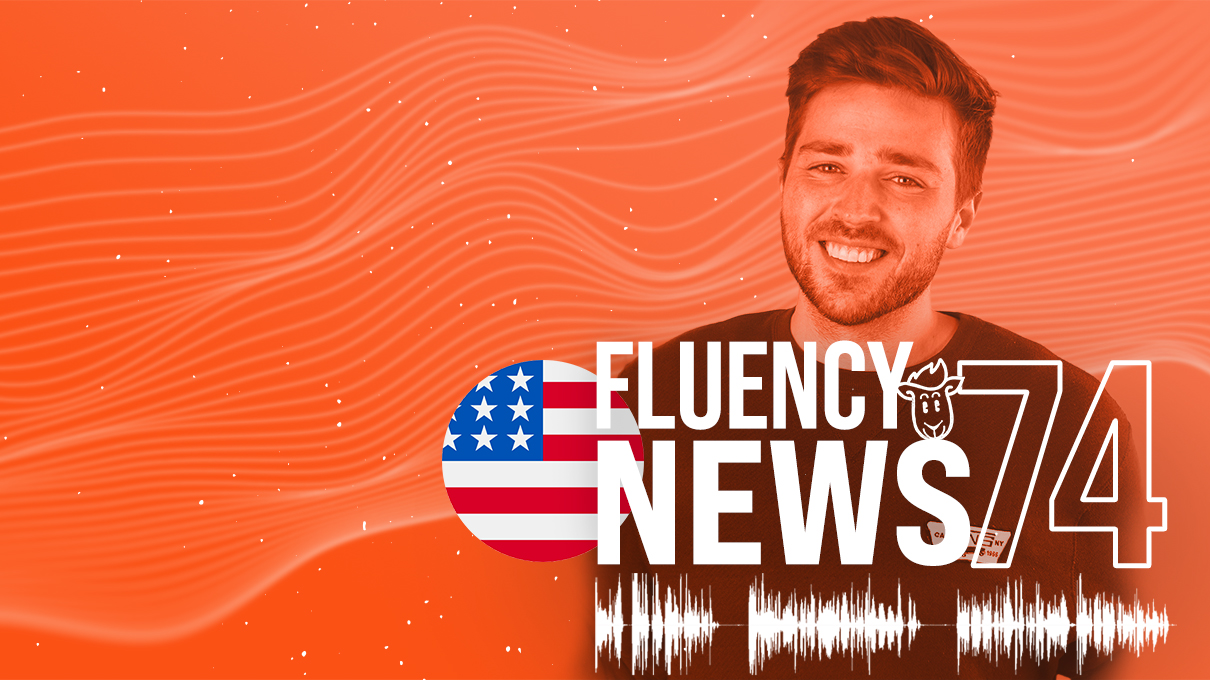
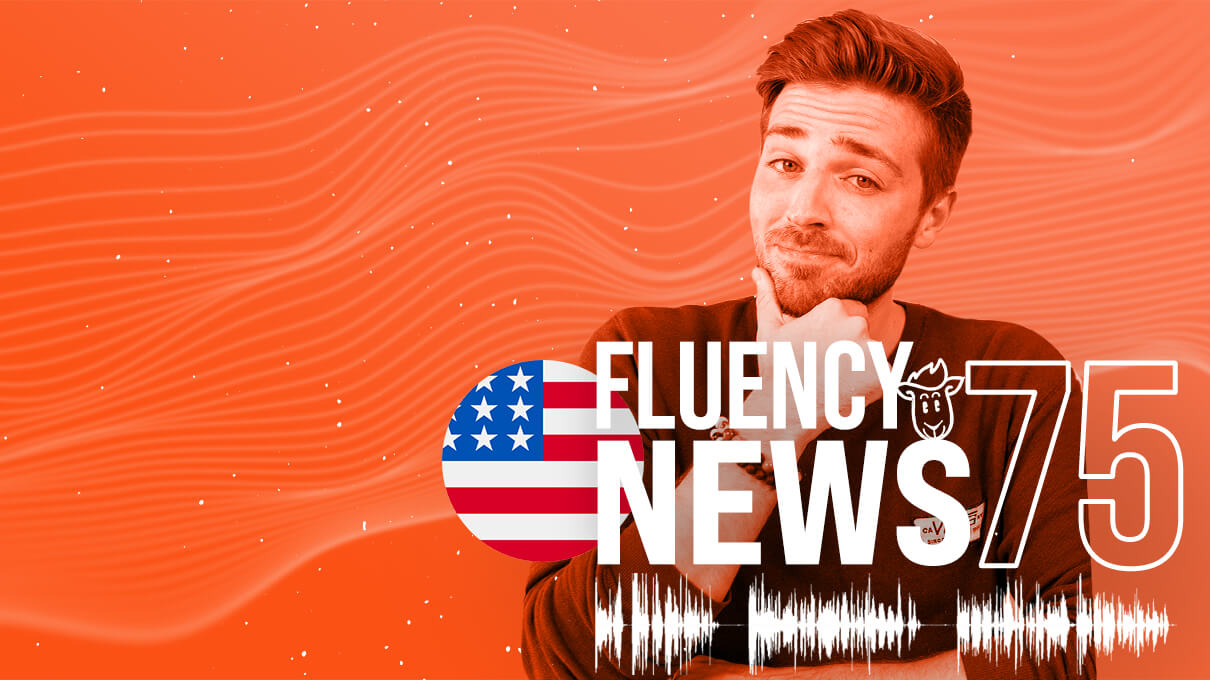
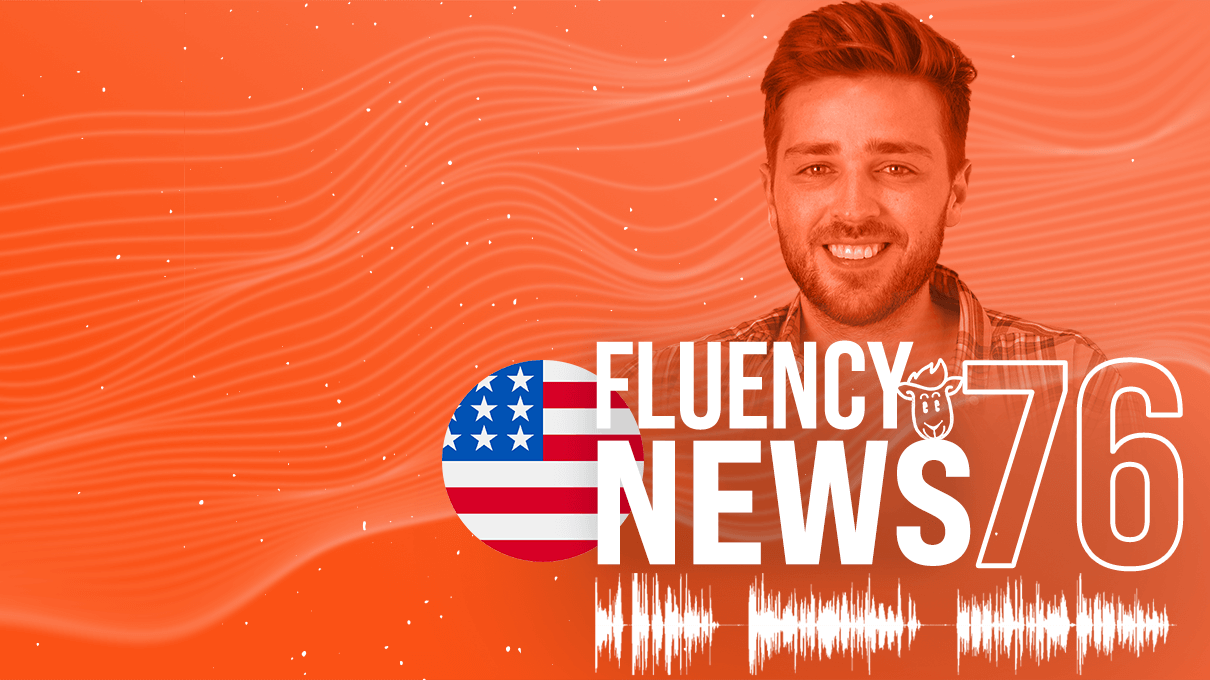
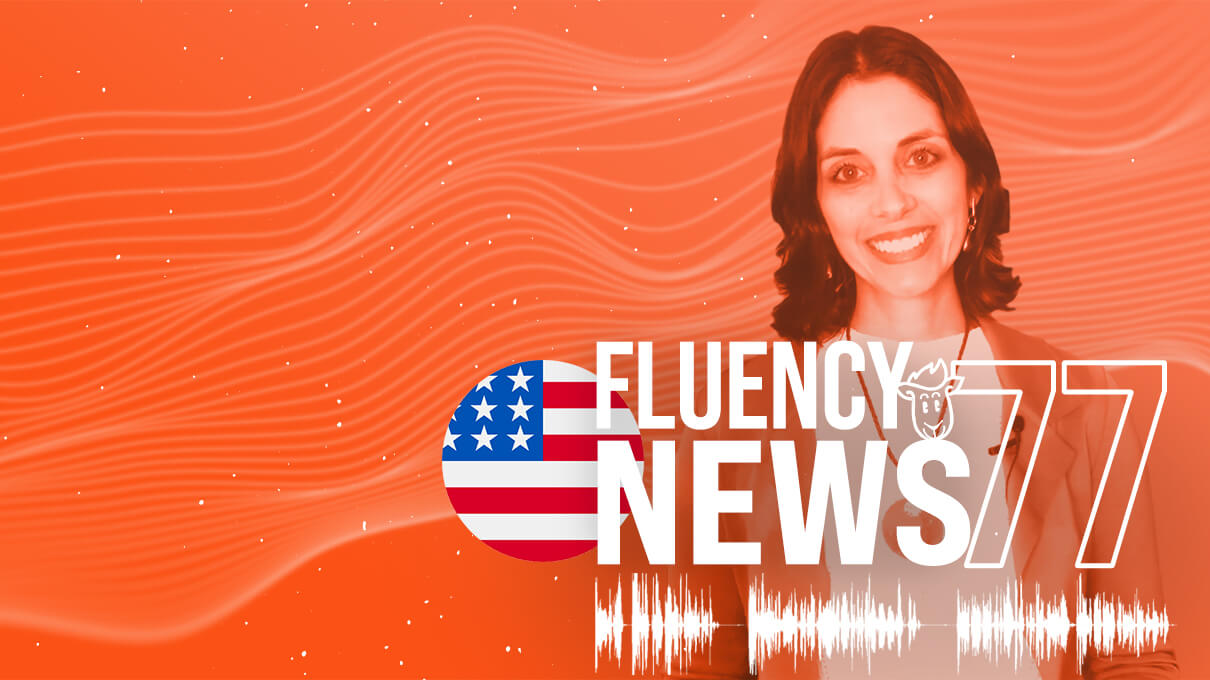










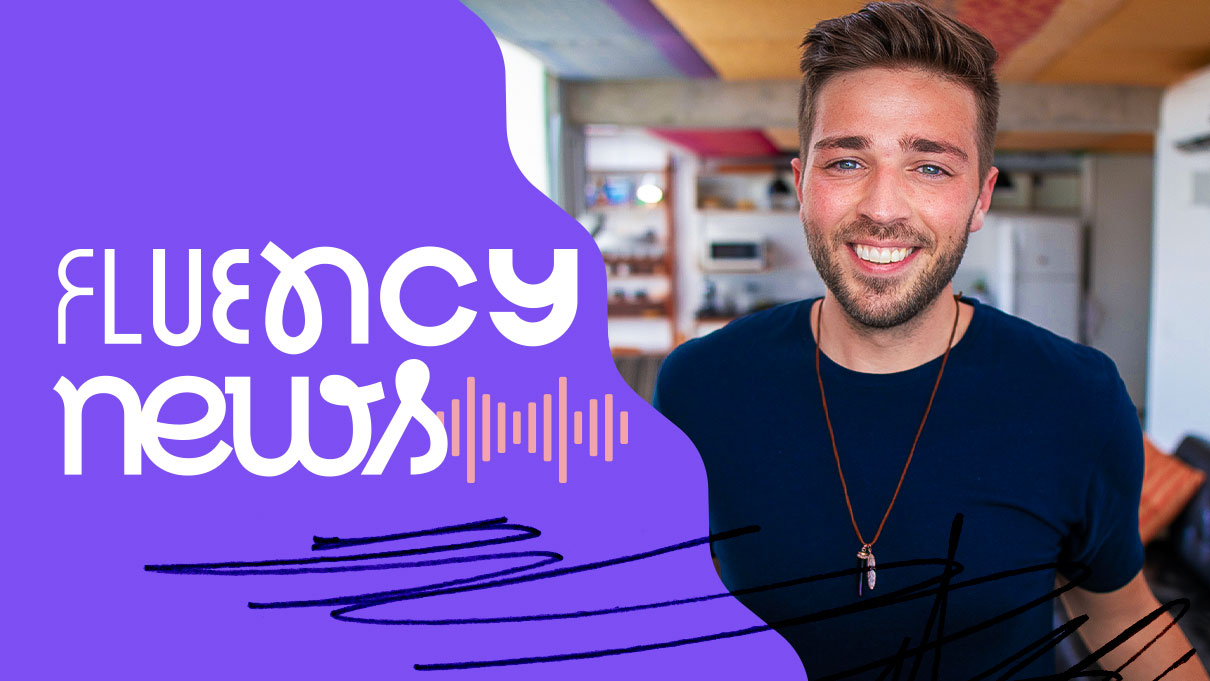











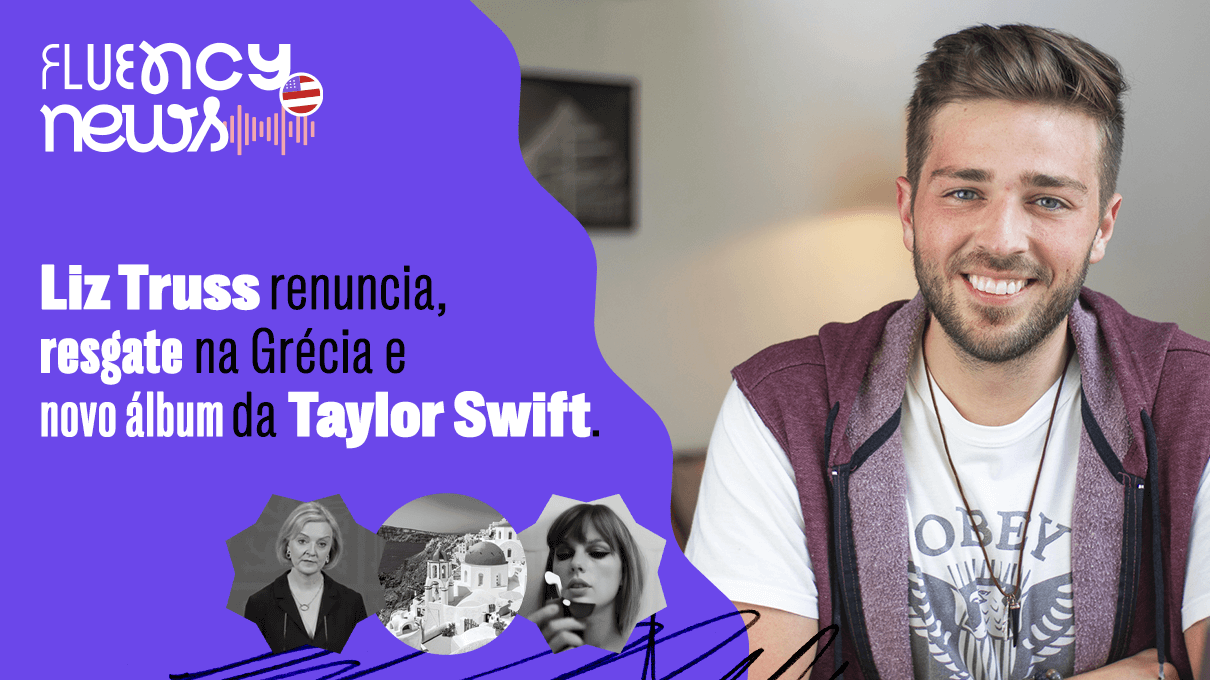
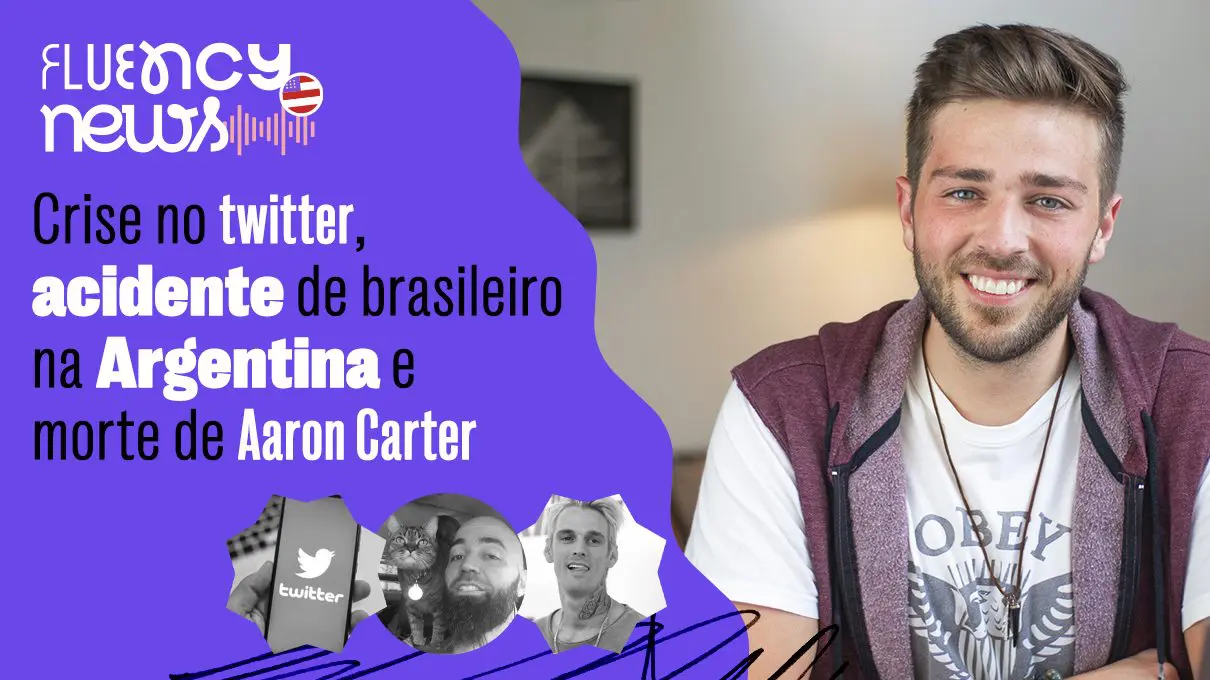
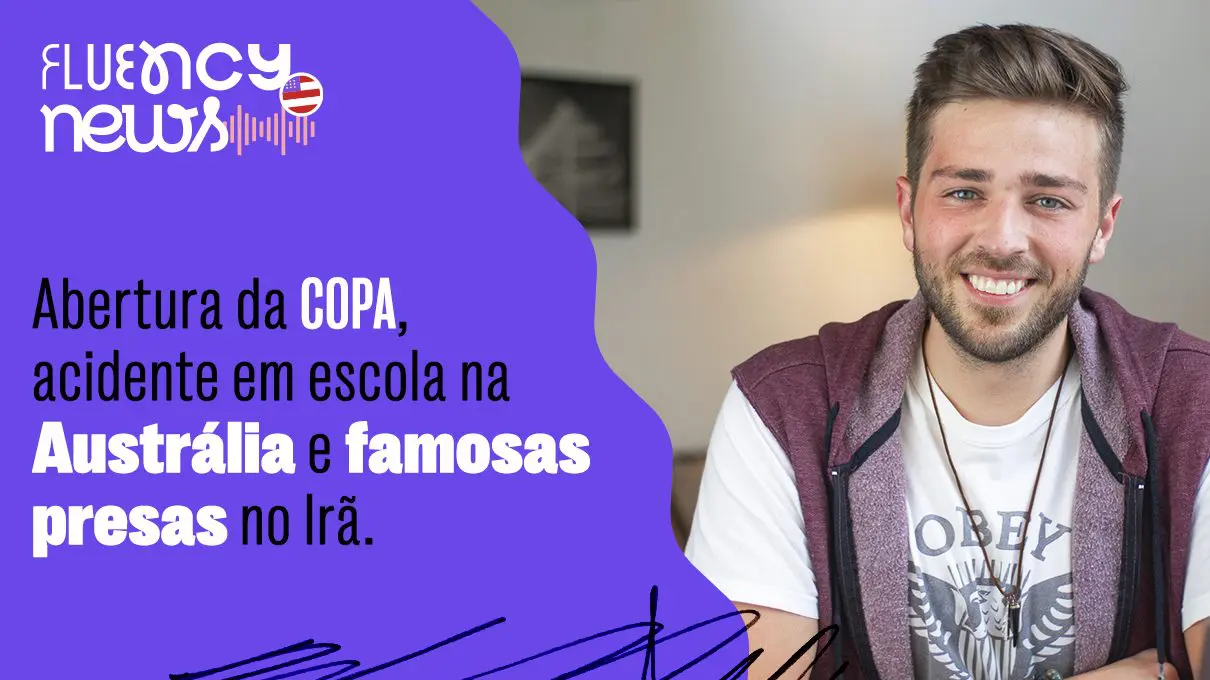

 Curso de Inglês
Curso de Inglês
 Curso de Espanhol
Curso de Espanhol
 Curso de Francês
Curso de Francês
 Curso de Mandarim
Curso de Mandarim
 Curso de Italiano
Curso de Italiano
 Curso de Japonês
Curso de Japonês
 Curso de Alemão
Curso de Alemão
 Curso de Coreano
Curso de Coreano







 Blog
Blog  Podcast
Podcast  Lives
Lives  Aulas
Aulas  eBooks
eBooks  Minicursos
Minicursos












